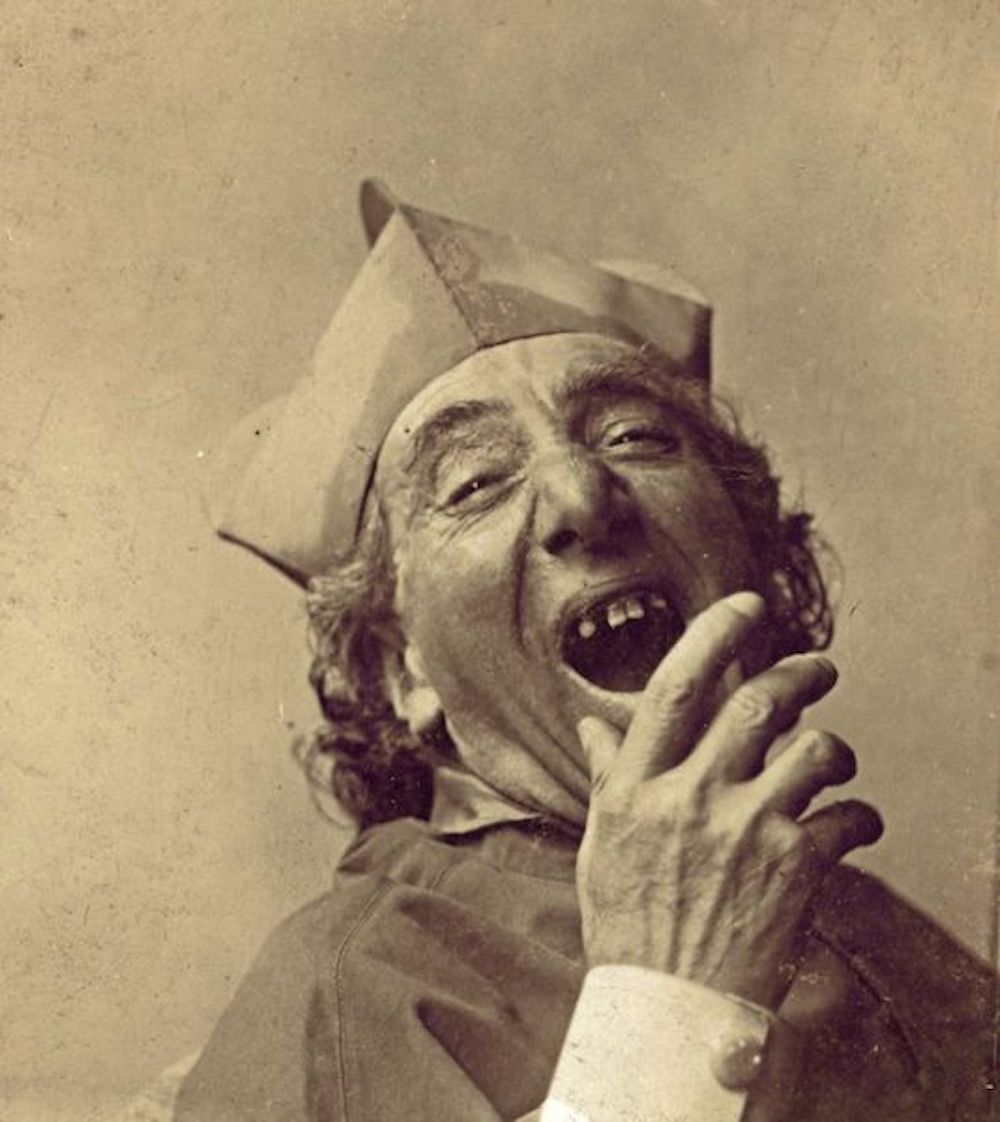
These photographs of priests and cardinals were taken by Francesco Bruneri, known as François Brunery (1849 – 1926), and used as the basis for his work as a painter of so-called “Cardinal Paintings”. His work depicting cardinals of the Catholic church in comical or embarrassing situations became increasingly popular in the late nineteenth century.
For example, his painting ‘A hearty meal’ shows two Cardinals sat at large table heavy with food as one eyes up the serving girl; a Cardinal flirts with two coquettish women in ‘Entertaining The Cardinal’; in ‘Up A Tree’ a Cardinal is being chased by a bull; and a child dandles on the Cardinal’s knee in his painting ‘The Nephew’, which would be more honestly entitled ‘The Son’. In A Delicate Balance, Brunery paints a portly cardinal attempting to cross a rickety wooden footbridge when he loses his footing and a stash of playing cards flies out of his sleeve. A parish priest who has already crossed the stream looks on wide-eyed at the evidence of the cardinal’s gambling and likely cheating.
As Janet Whitmore, Ph.D. writes:
French anticlericalism was not new, but the level of satire and pointed irreverence intensified in the last half of the nineteenth century, partly in response to Pope Pius IX’s ongoing efforts to regain political power after enduring the skepticism of the Revolutionary and Napoleonic decades. When he proclaimed the doctrine of papal infallibility in 1869*, he provoked even more suspicion of the church’s attempts to impose moral standards that it did not exemplify itself. It was an invitation to parody, most of which was relatively gentle, albeit unrelenting.
* The idea that the Pope was an oracle of God was cemented by the First Vatican Council (1869-1870) in its decree ‘Pastor Aeternus’ (1870). It declared that the Pope was infallible when he spoke ‘ex Cathedra’ (‘from the Chair’) on matters of faith and morals.
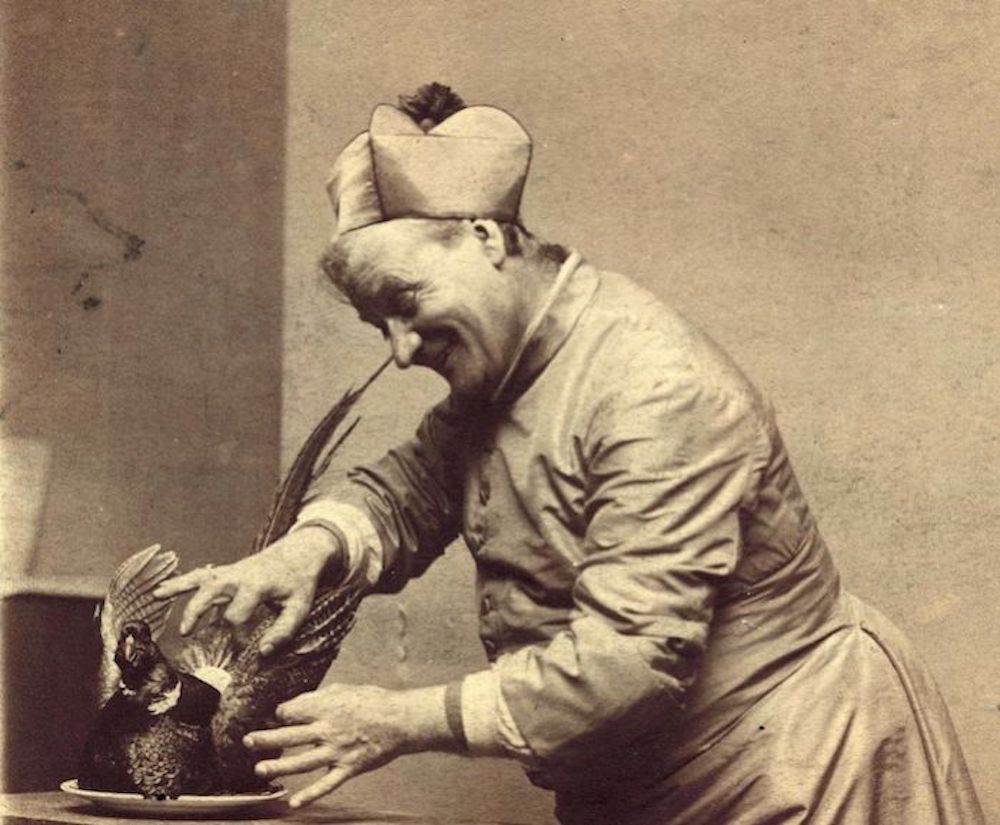
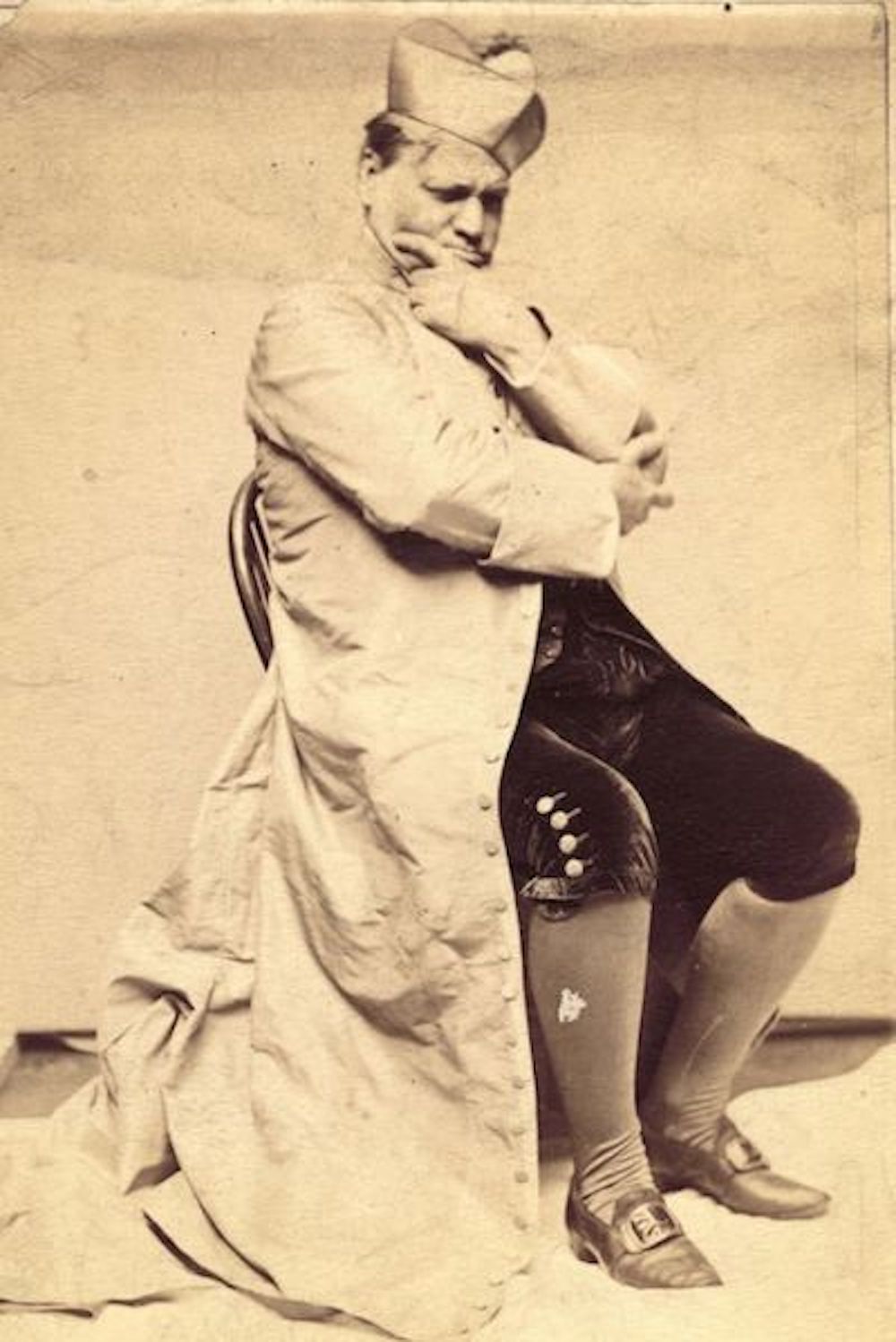
Brunery was born in Turin, Italy and studied under Jean-Léon Gérôme (1824-1904) and Léon Joseph Bonnat (1834-1923), Brunery. He received an honorable mention at the Paris Salon of 1903.
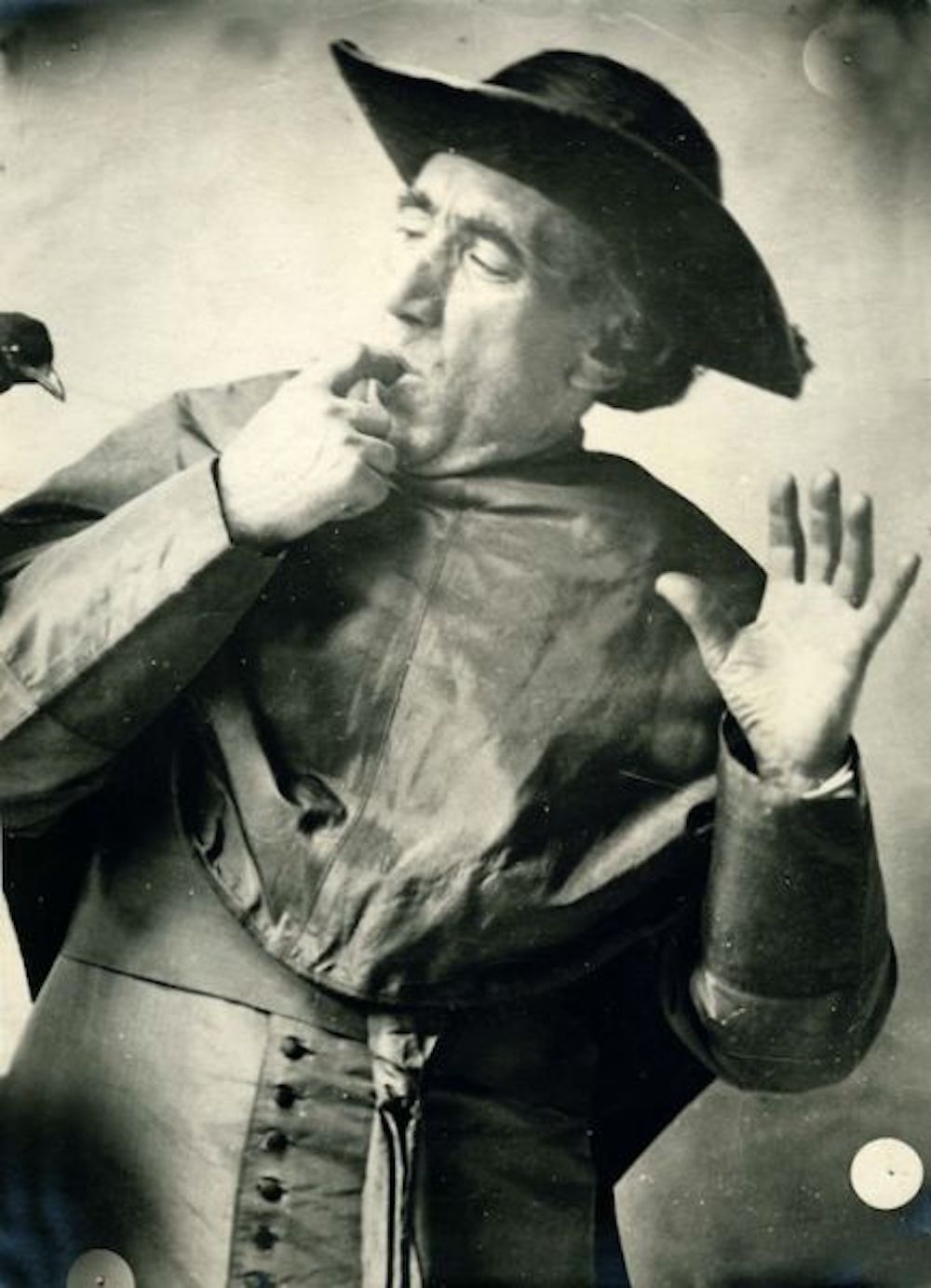
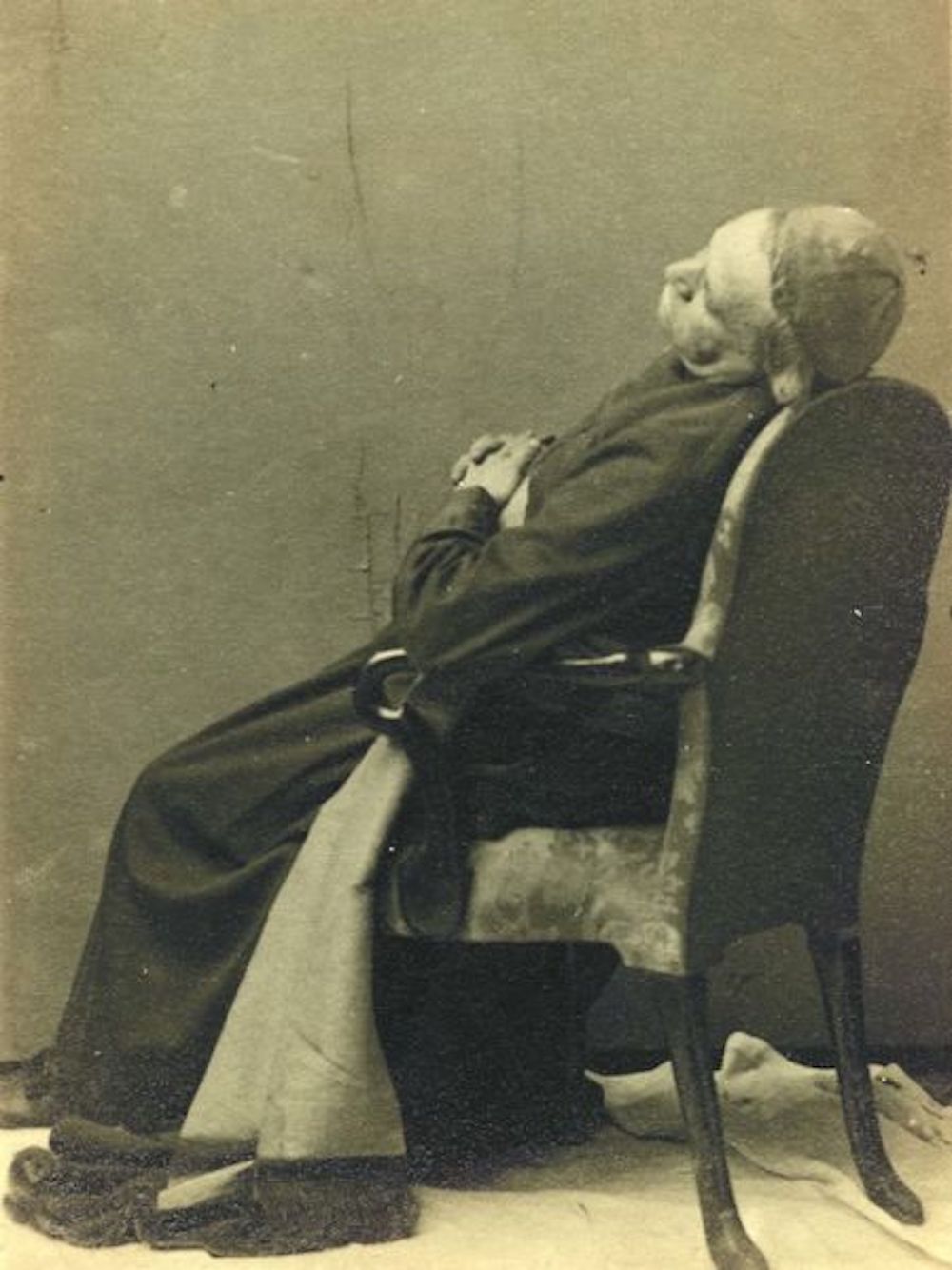
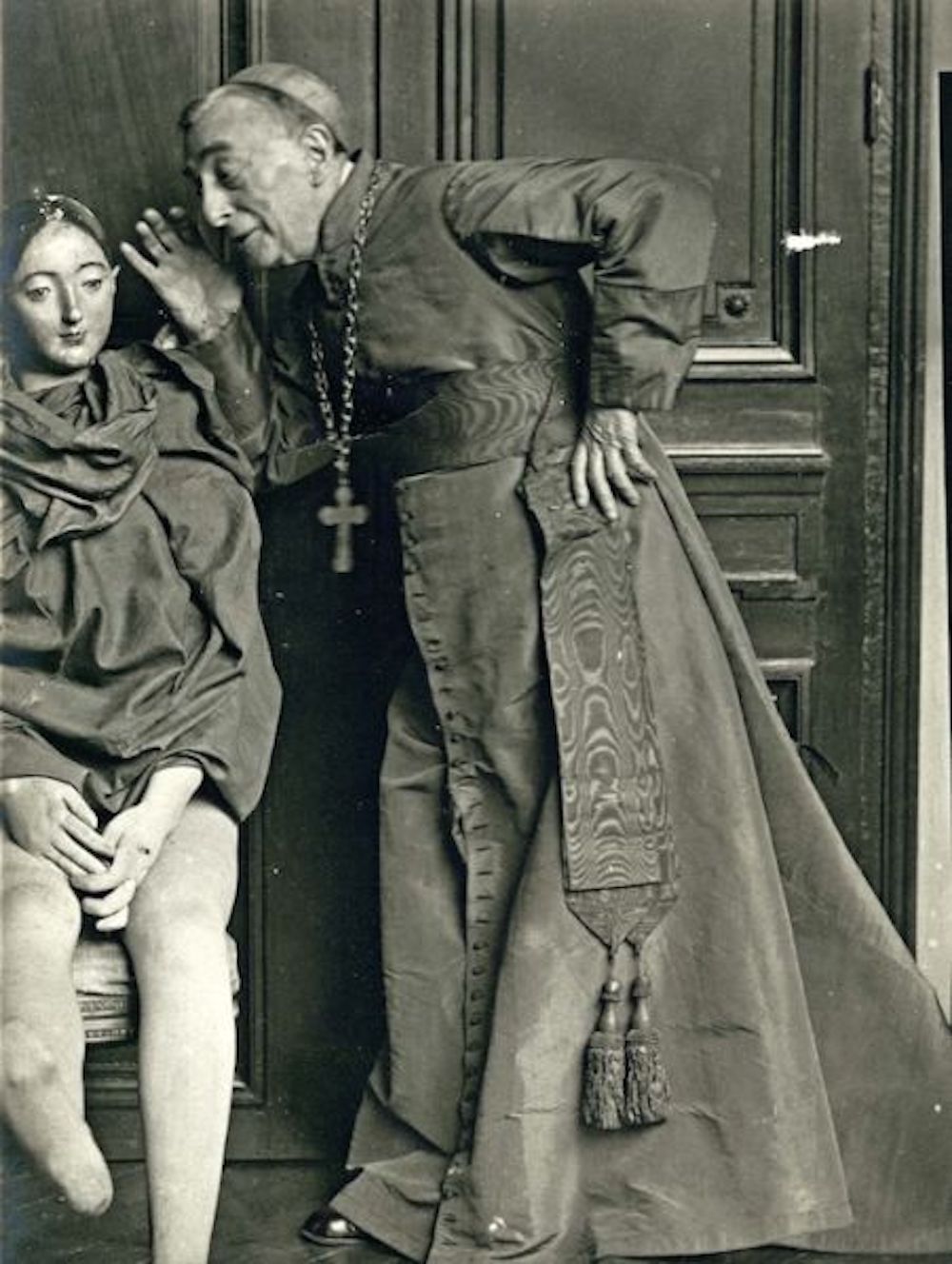
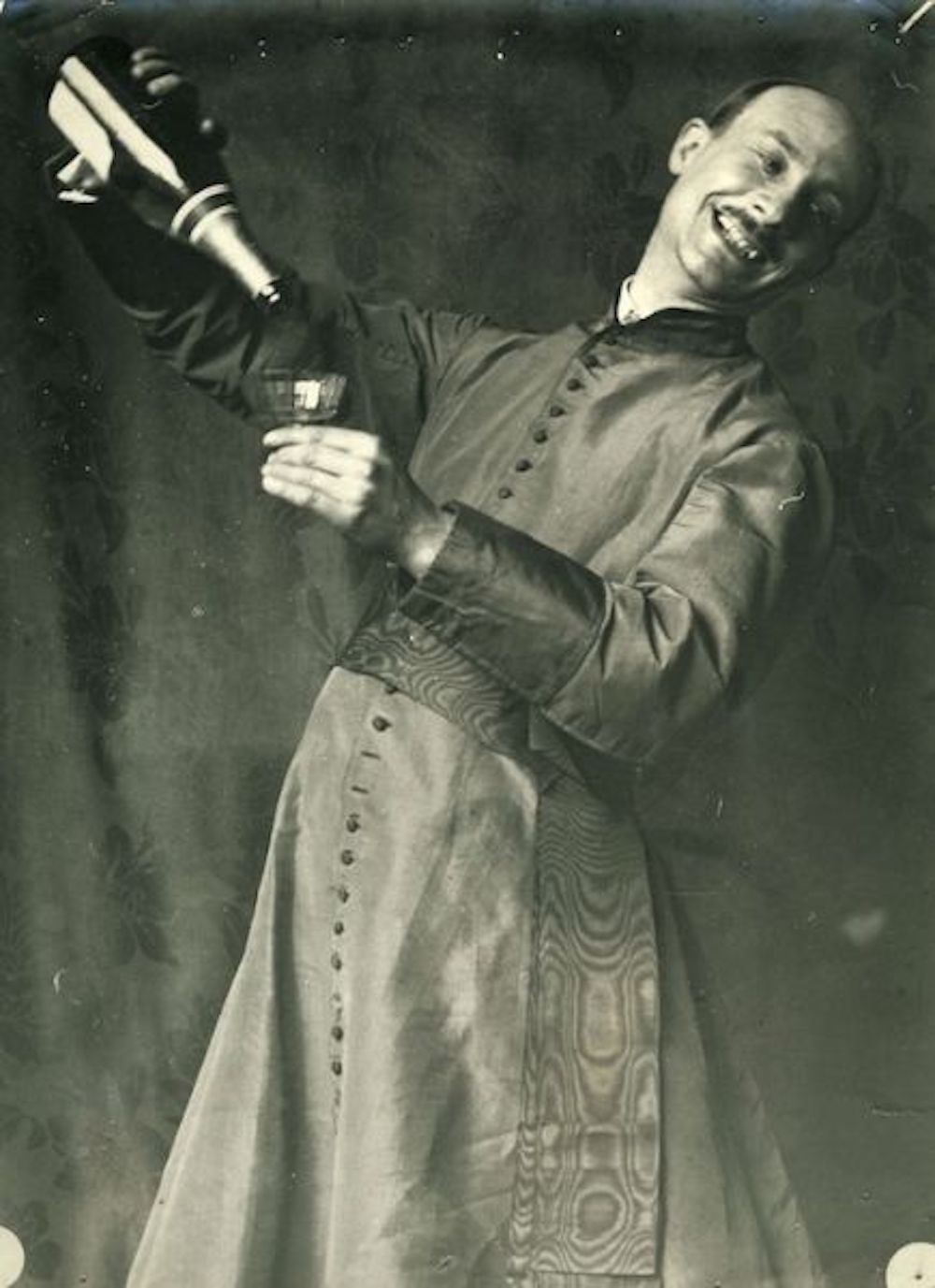
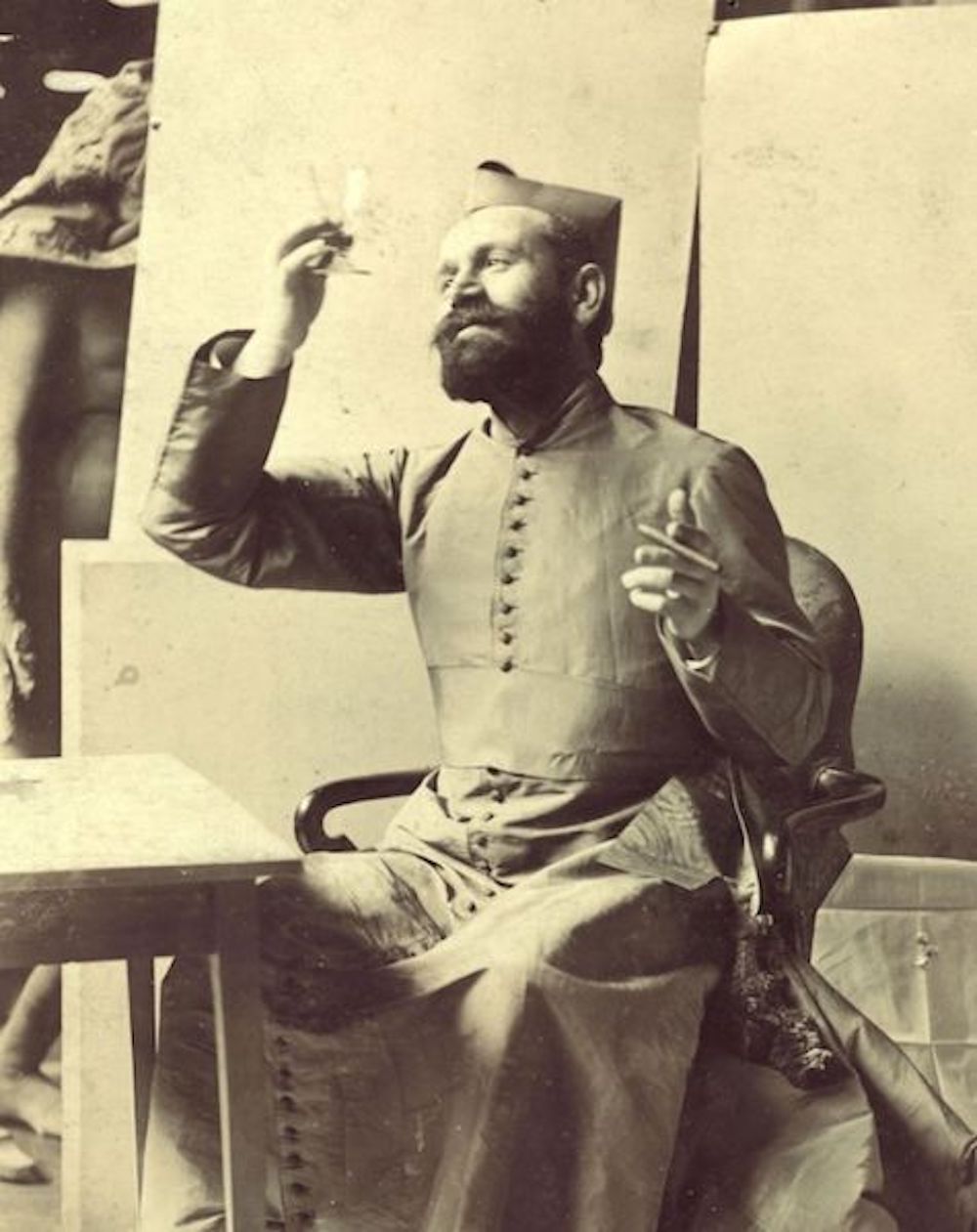
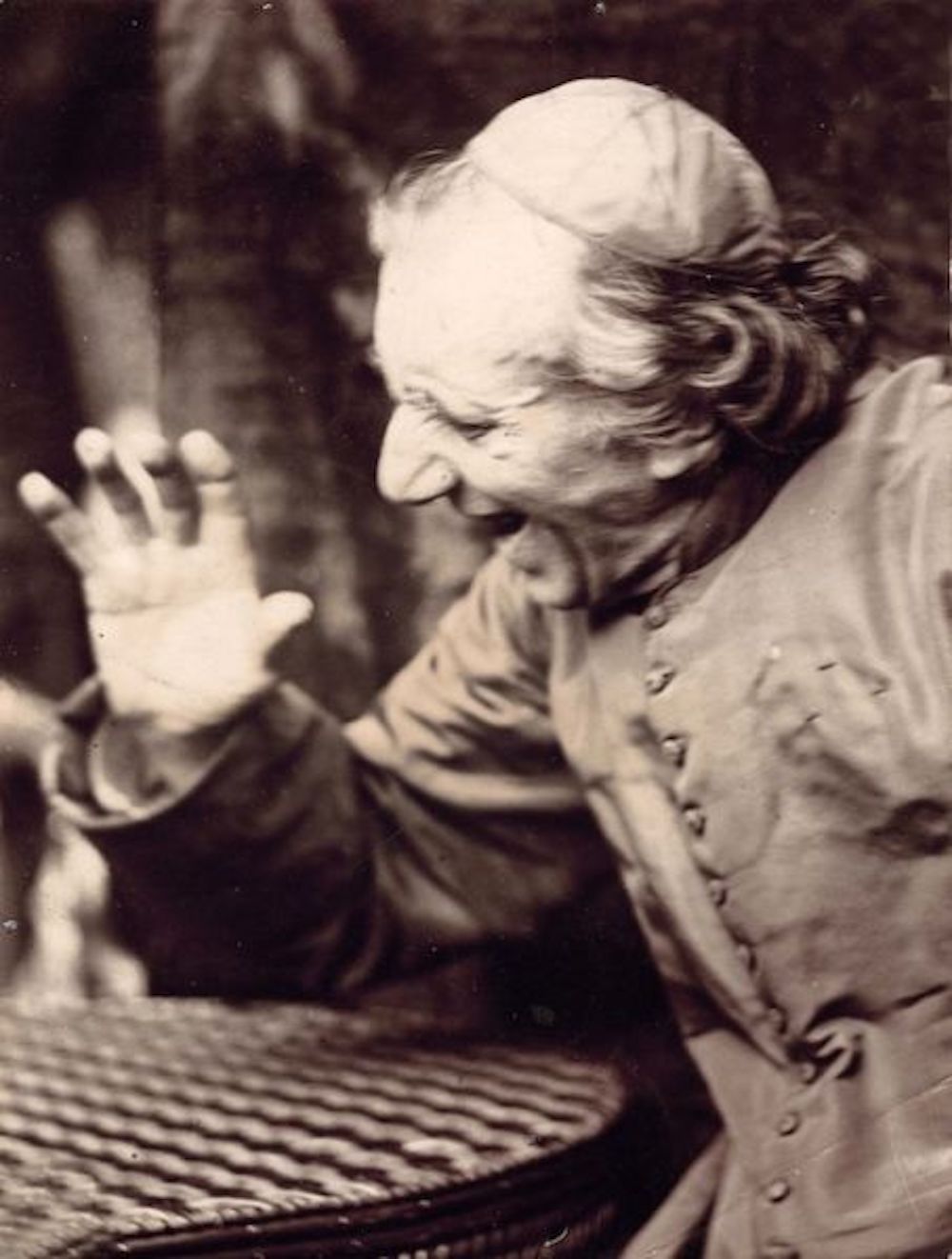
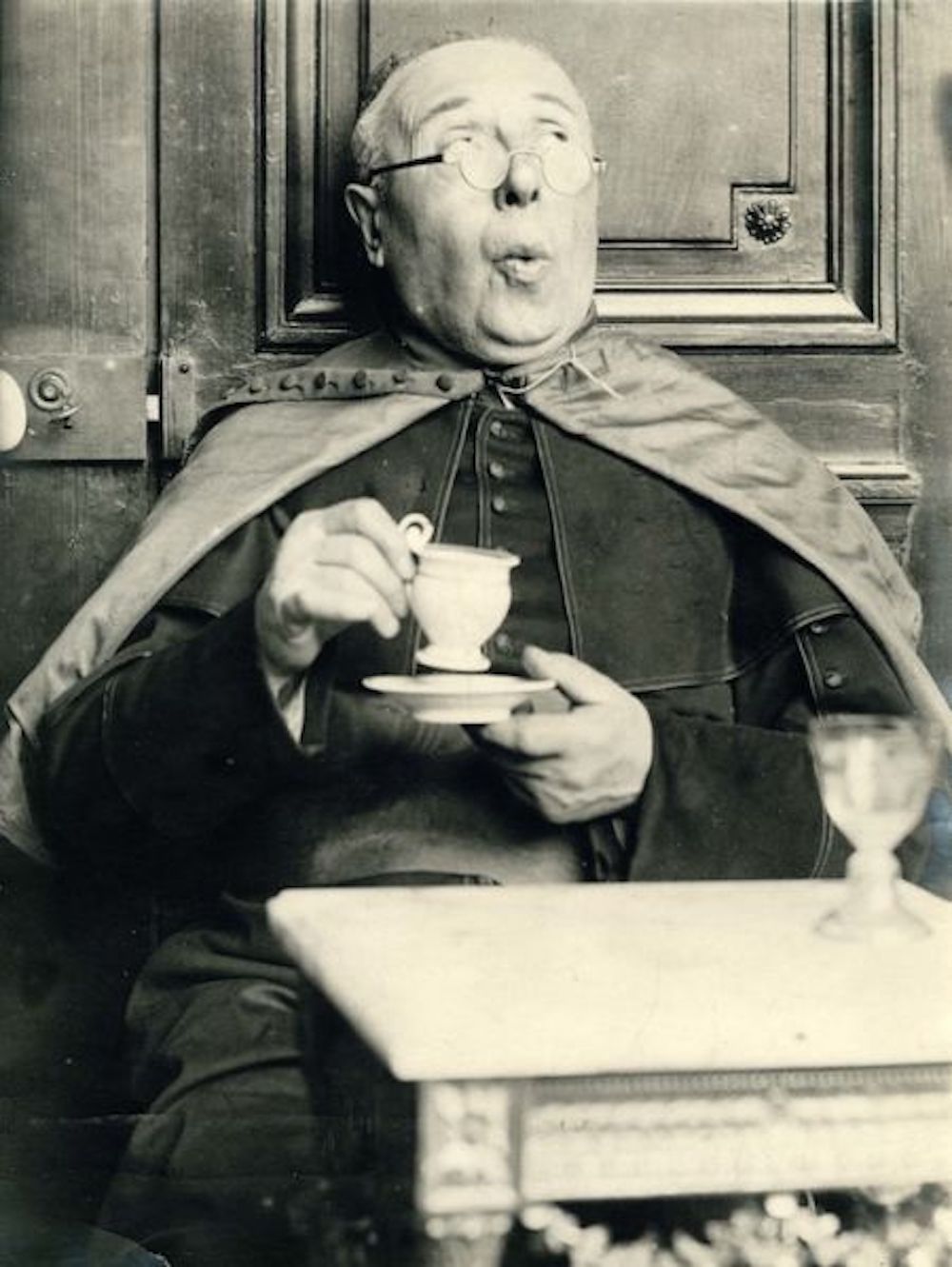
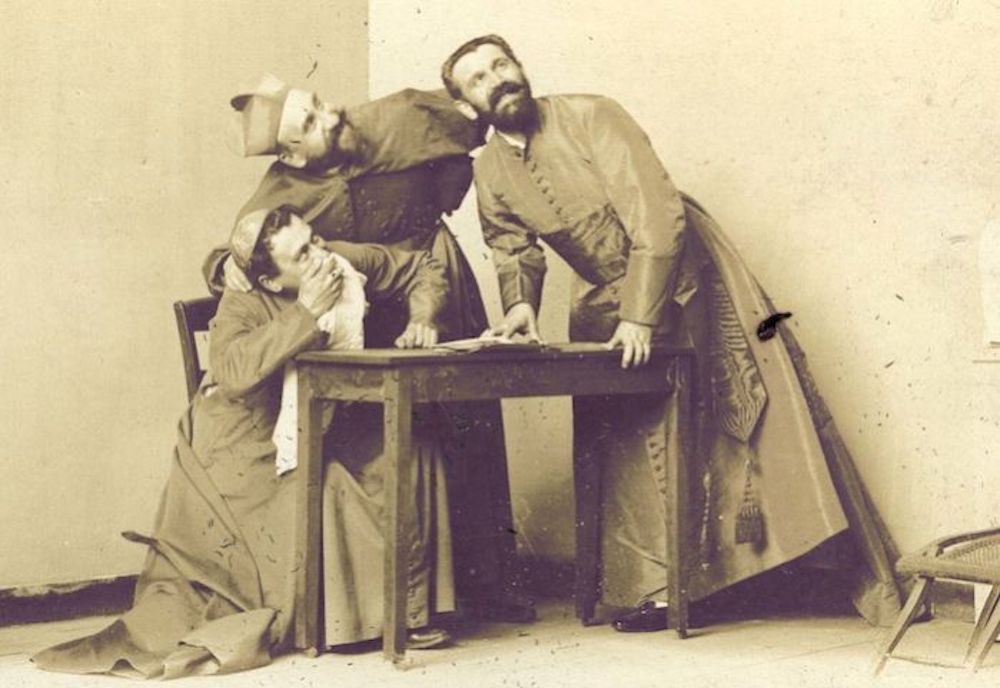
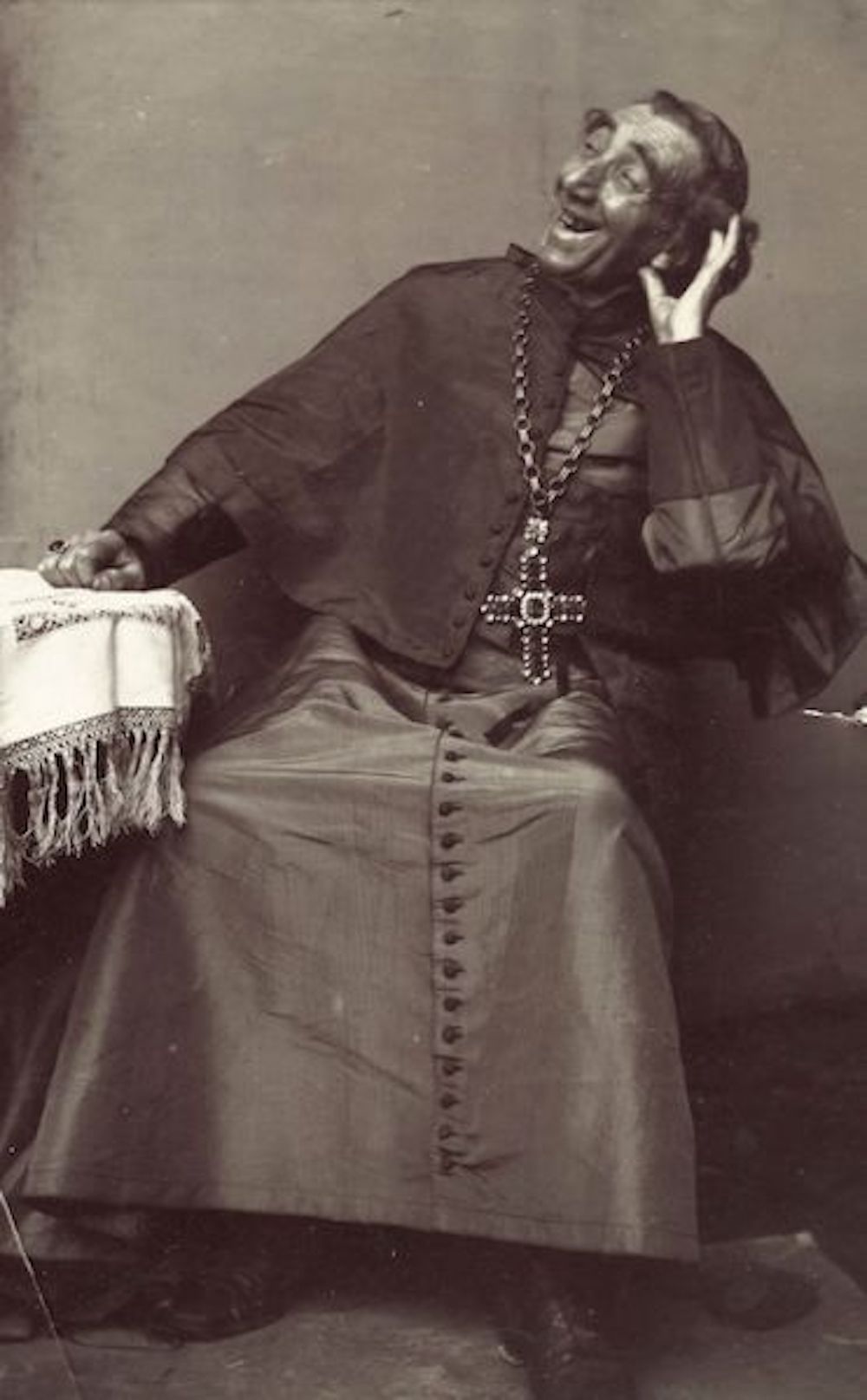
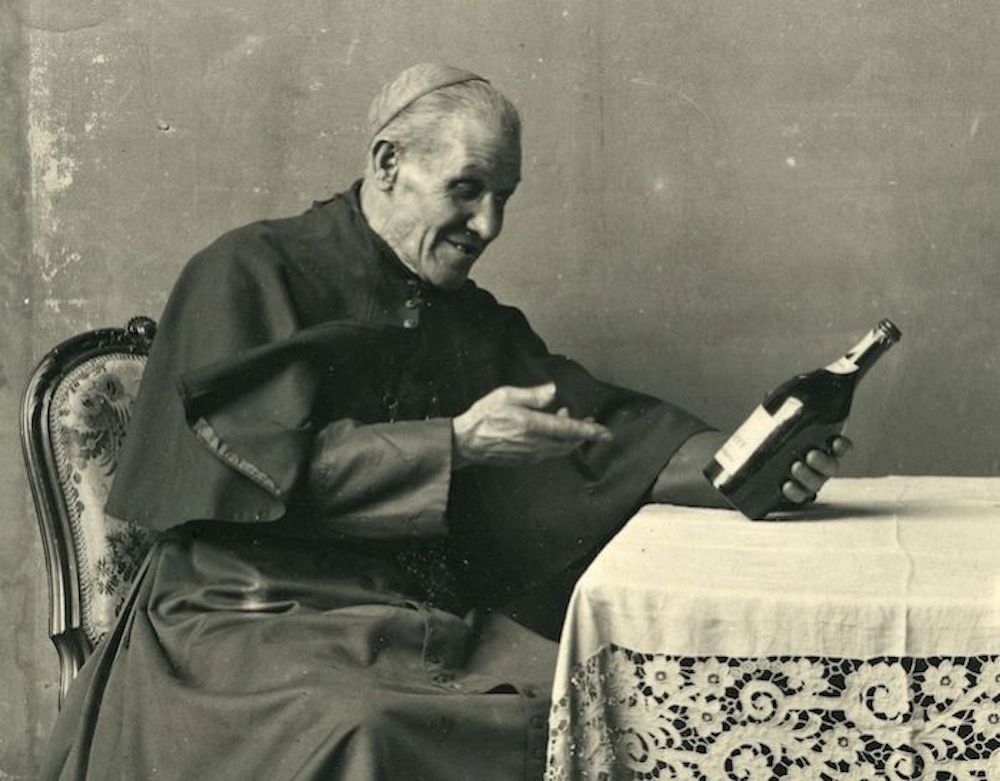
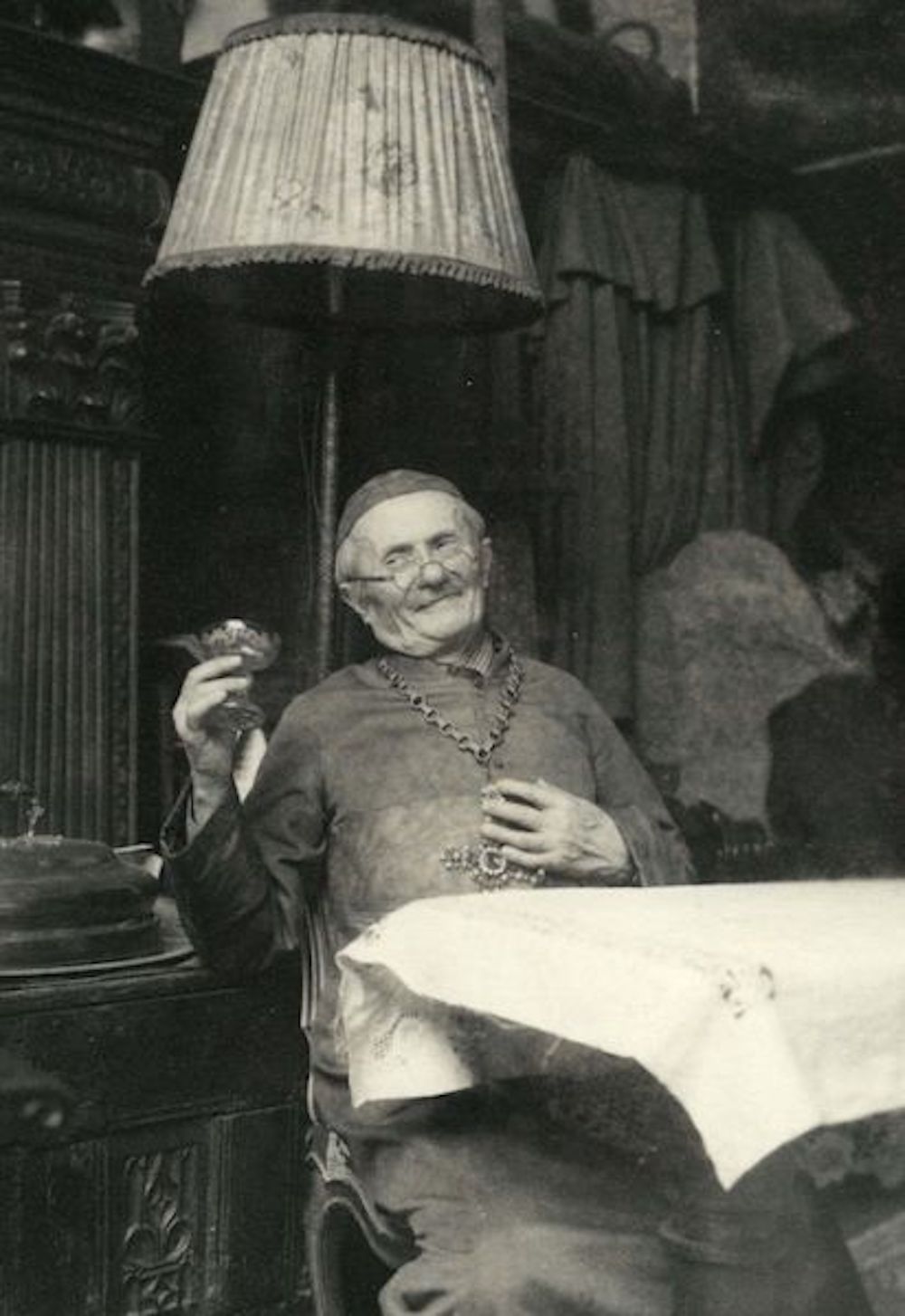
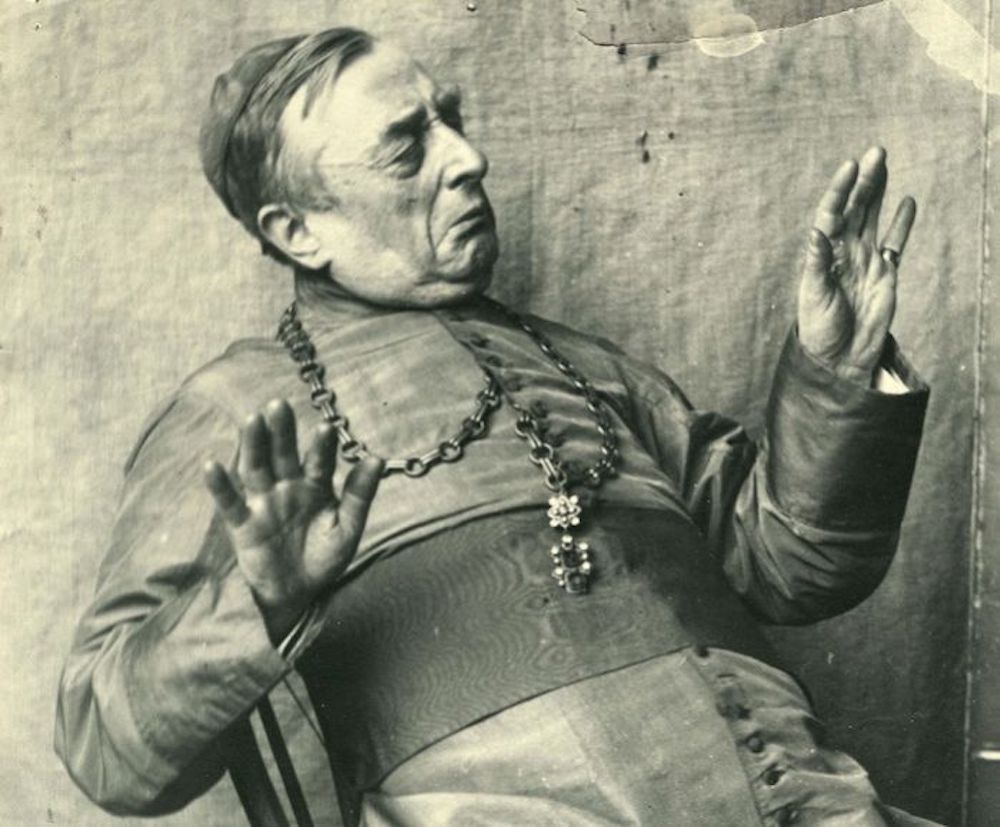
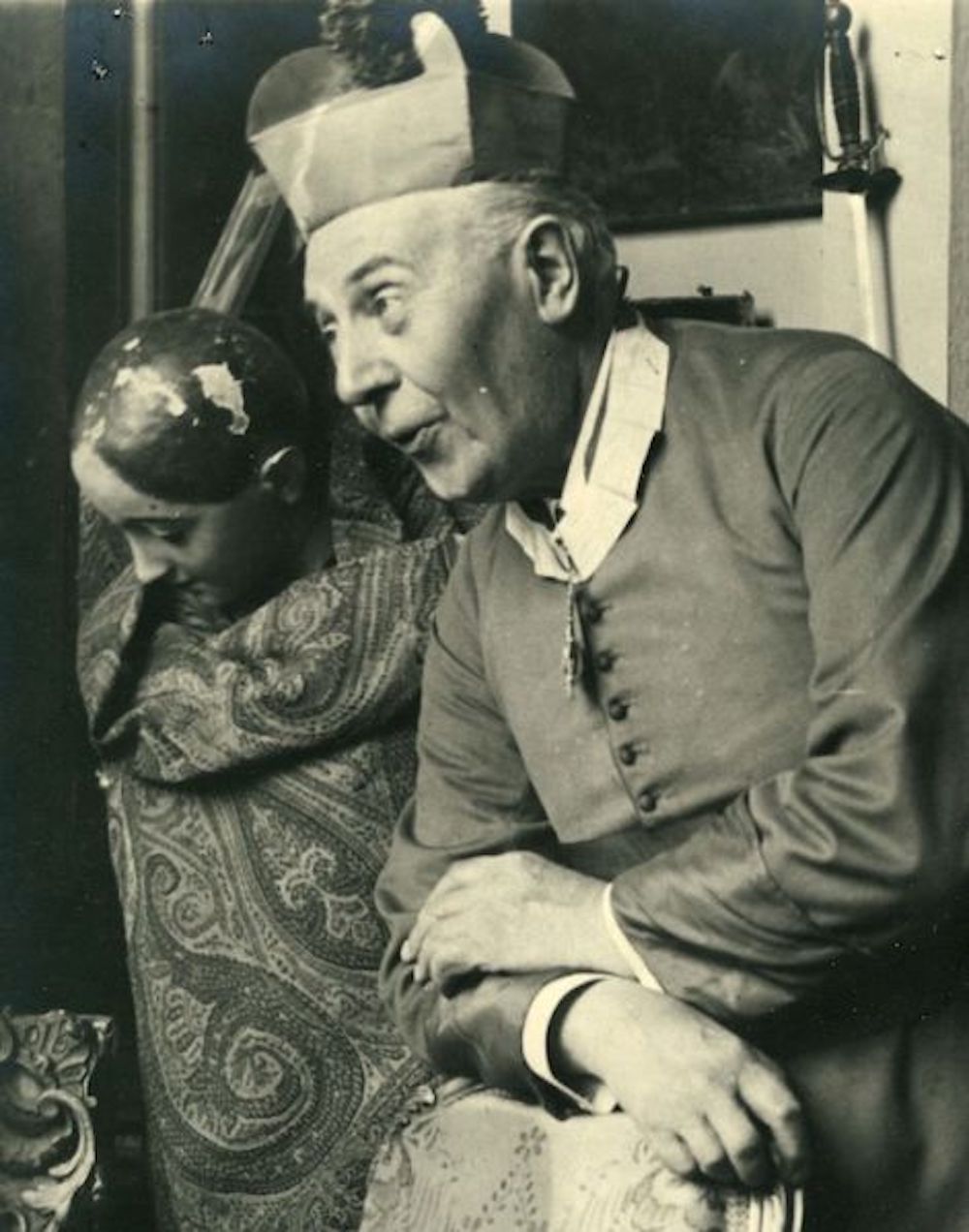
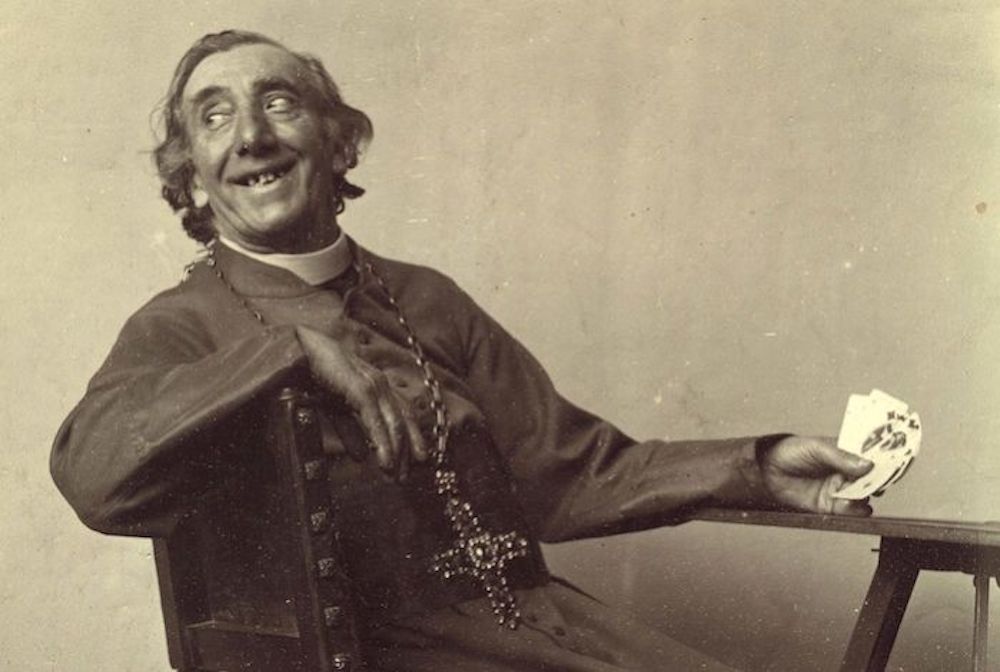
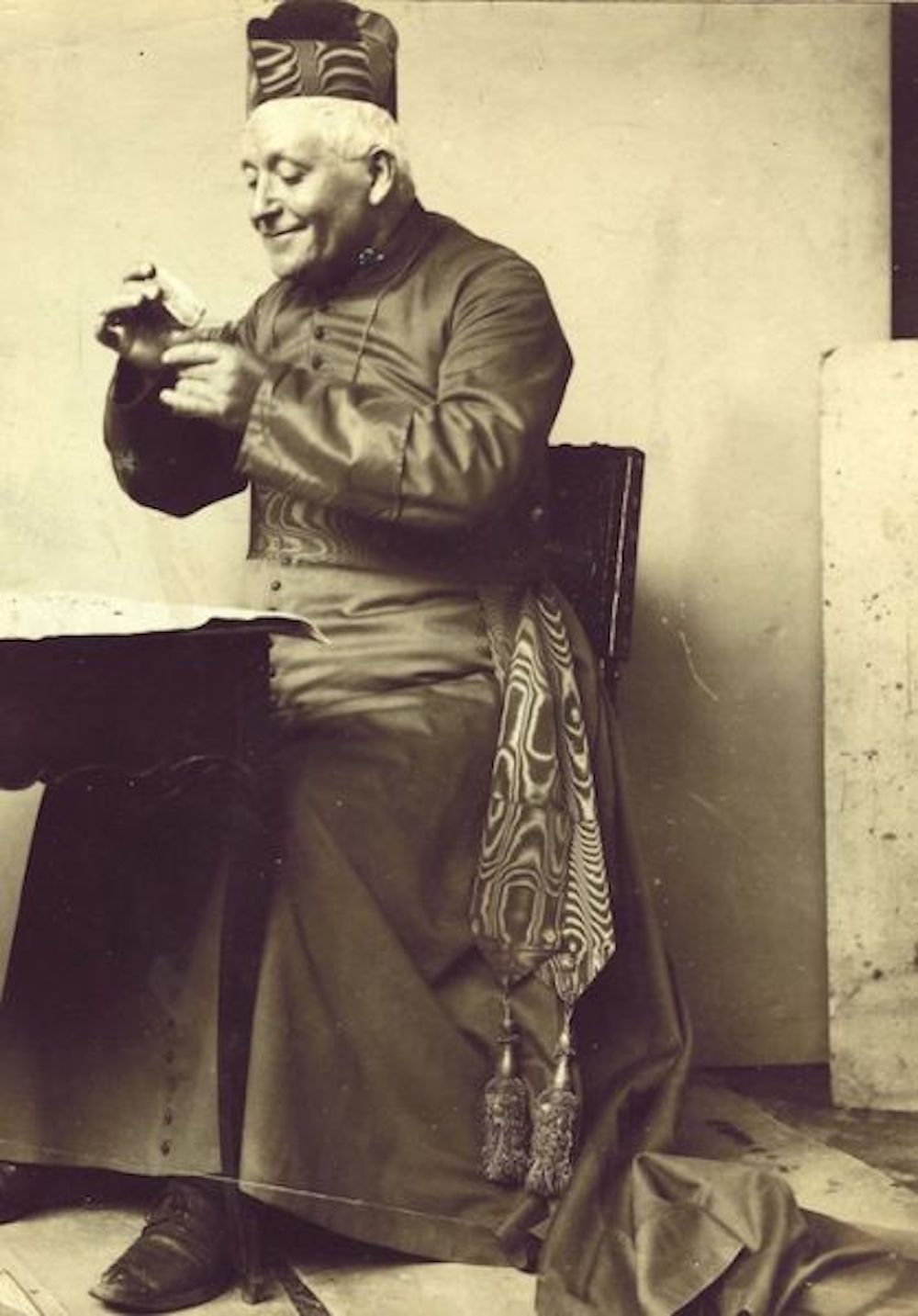
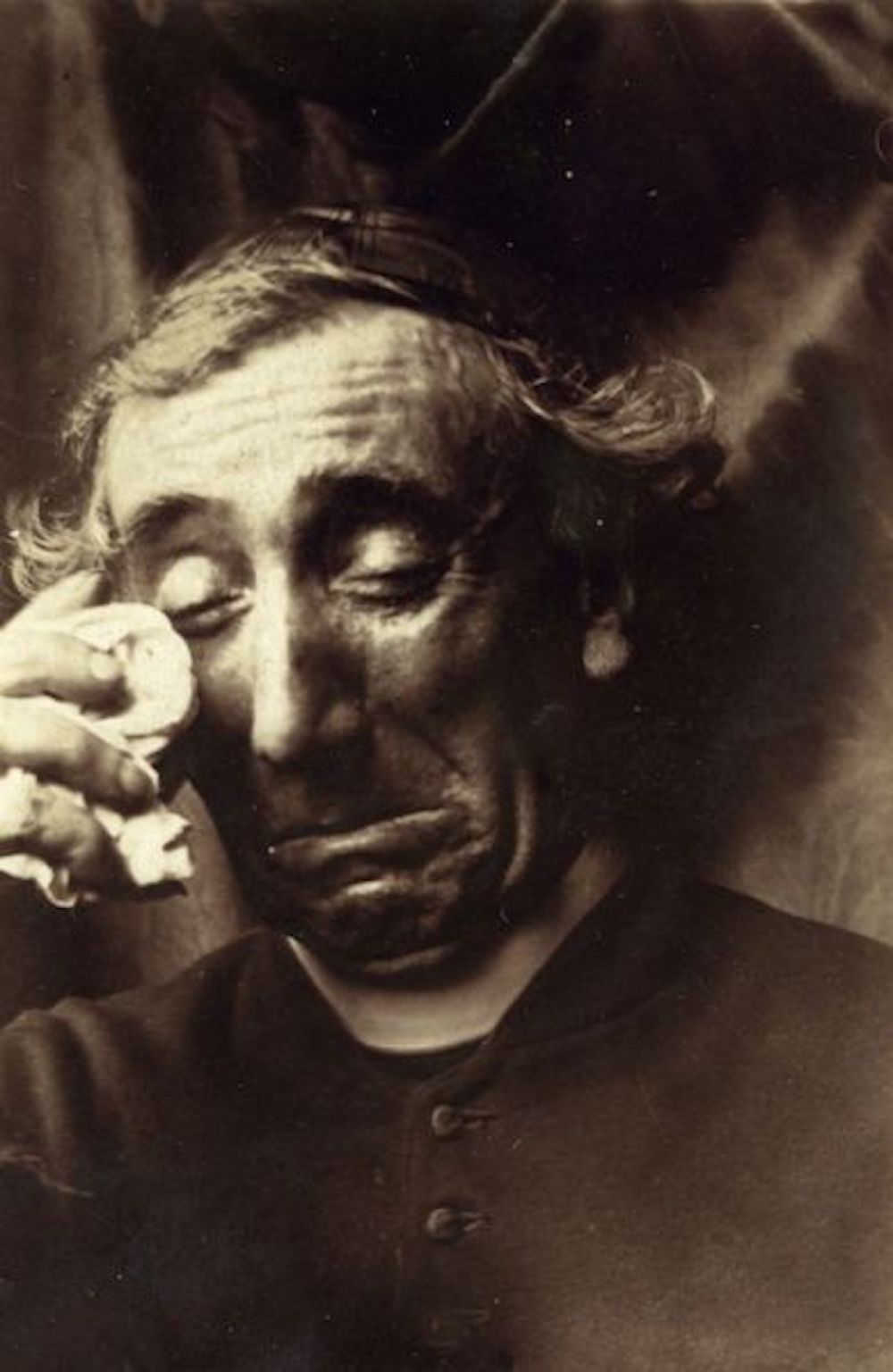
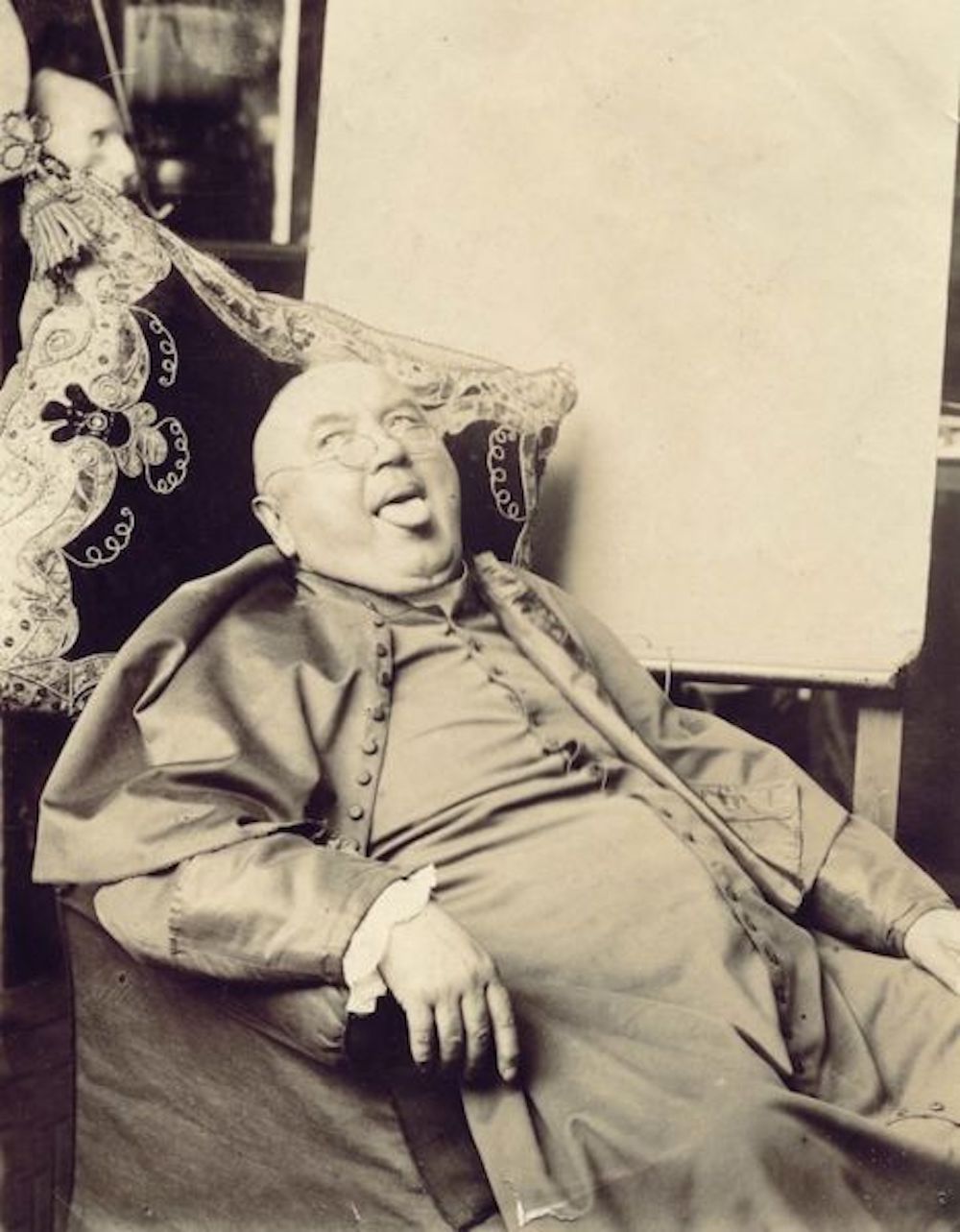
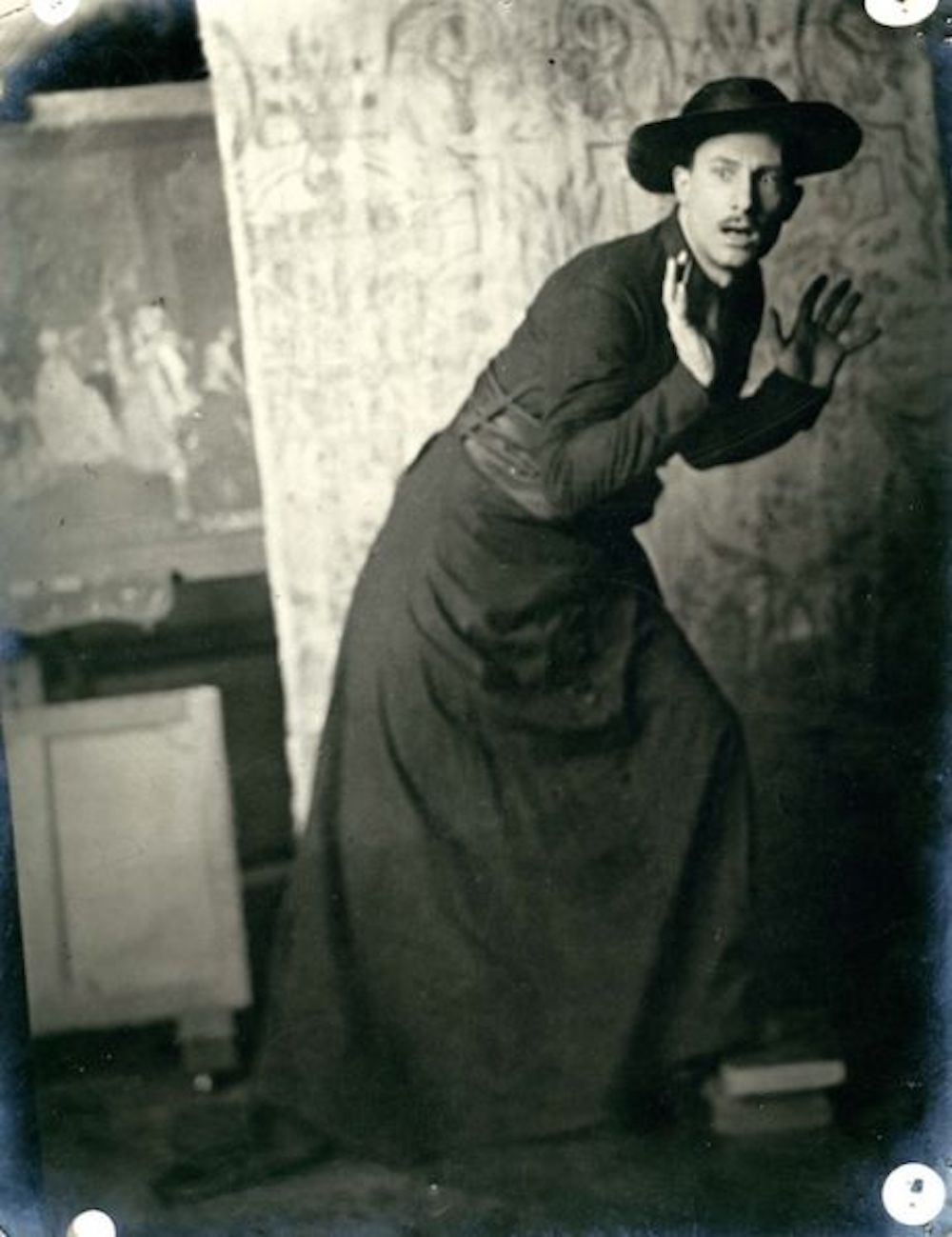
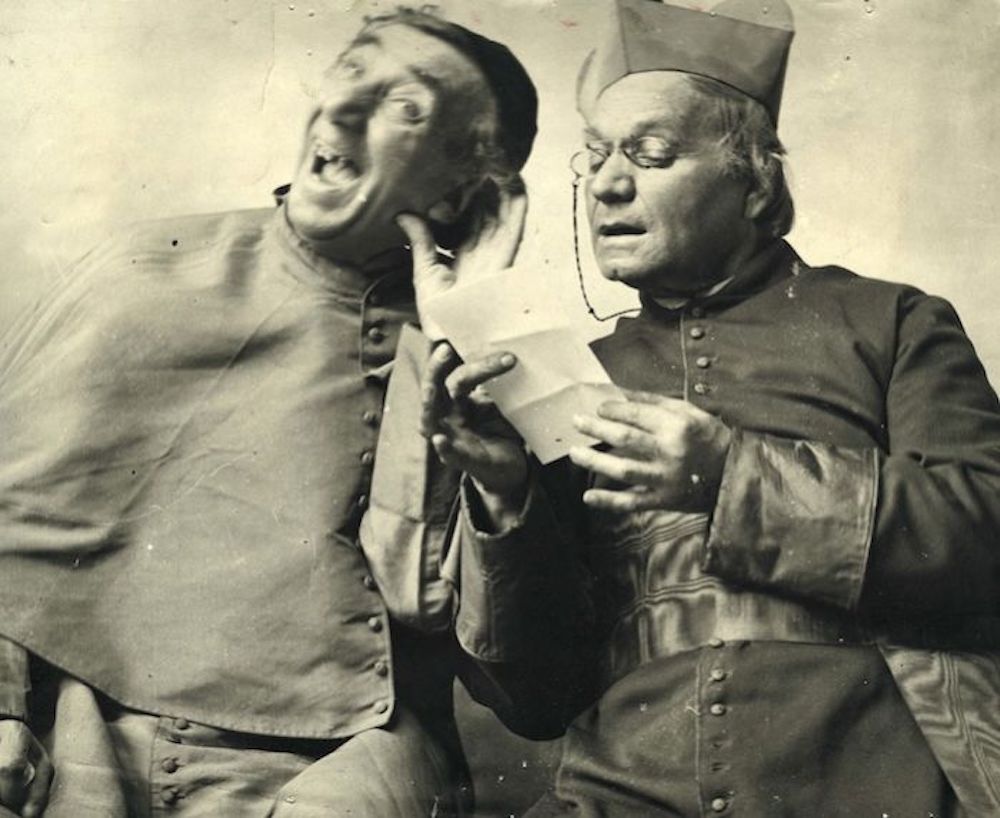
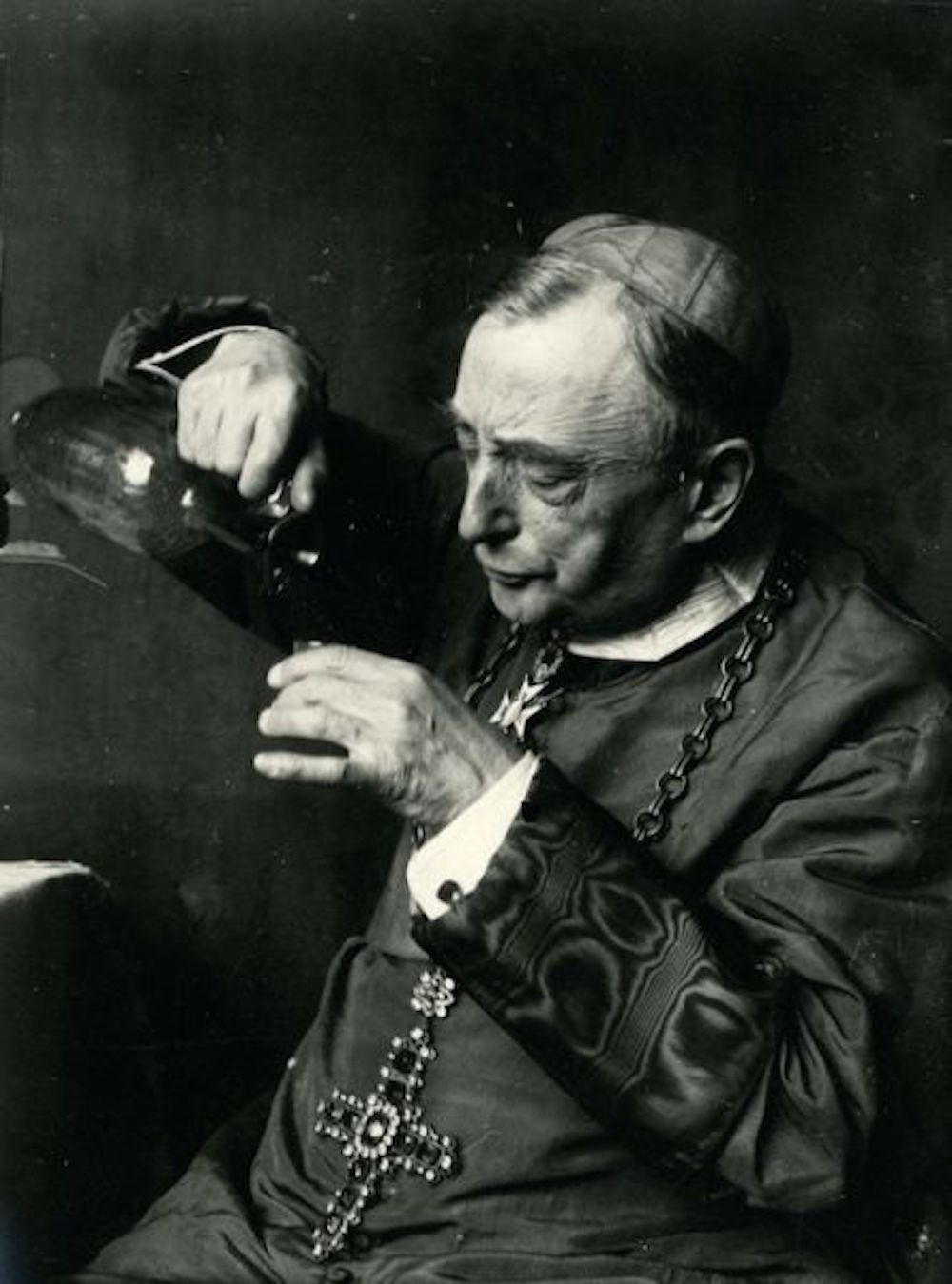
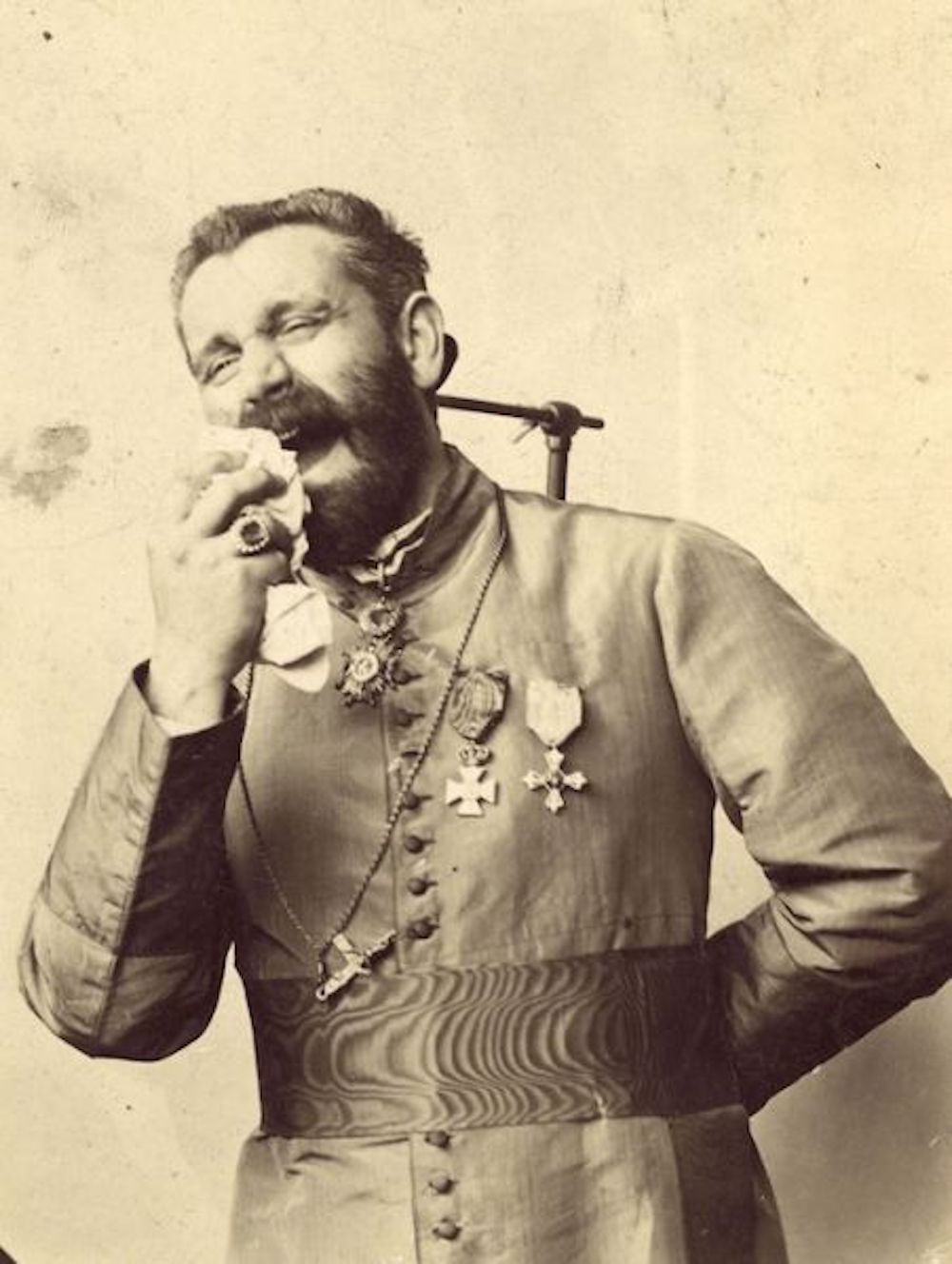
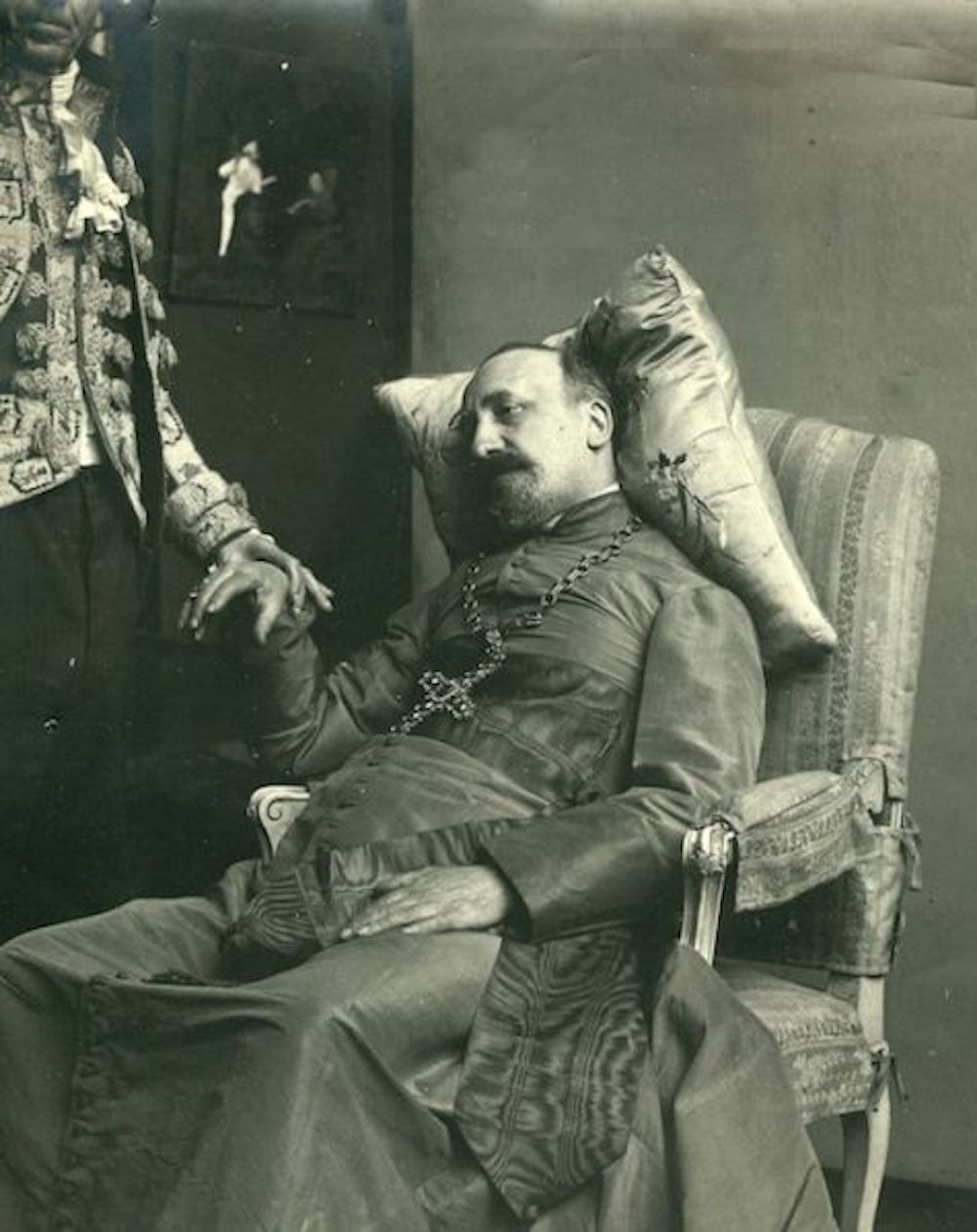
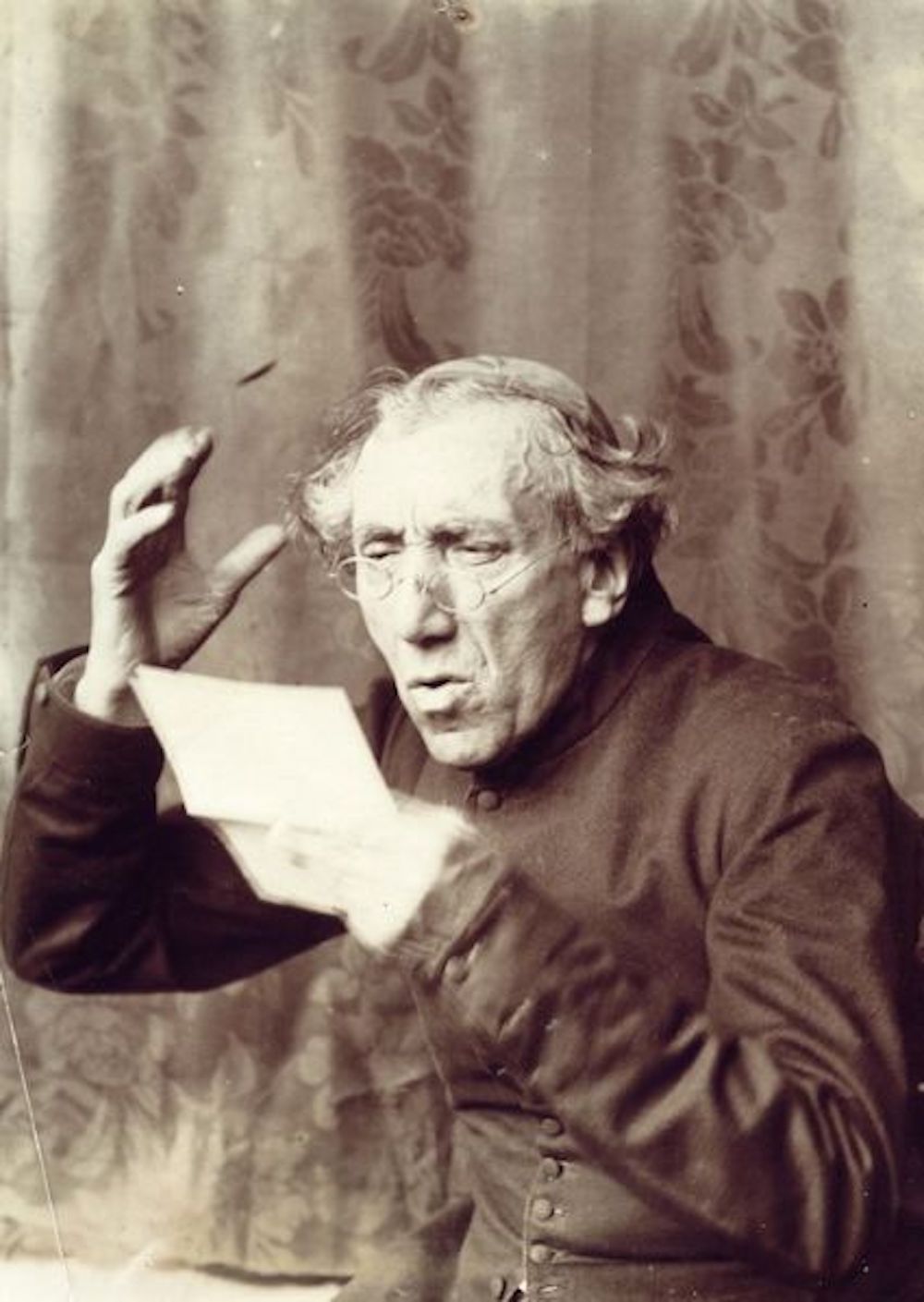
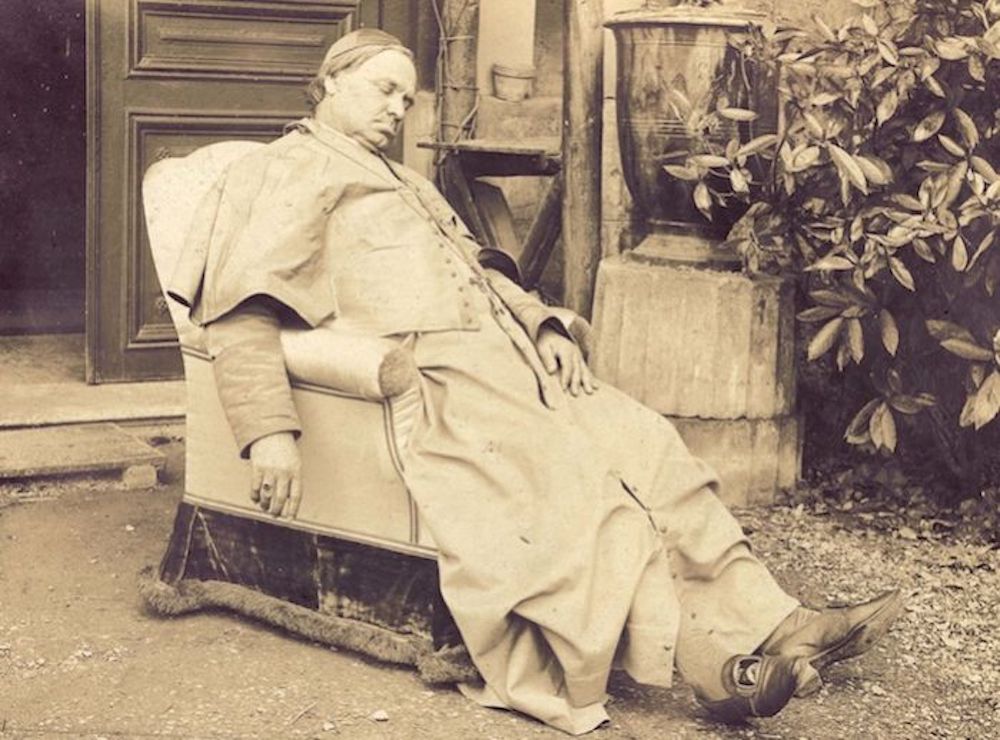
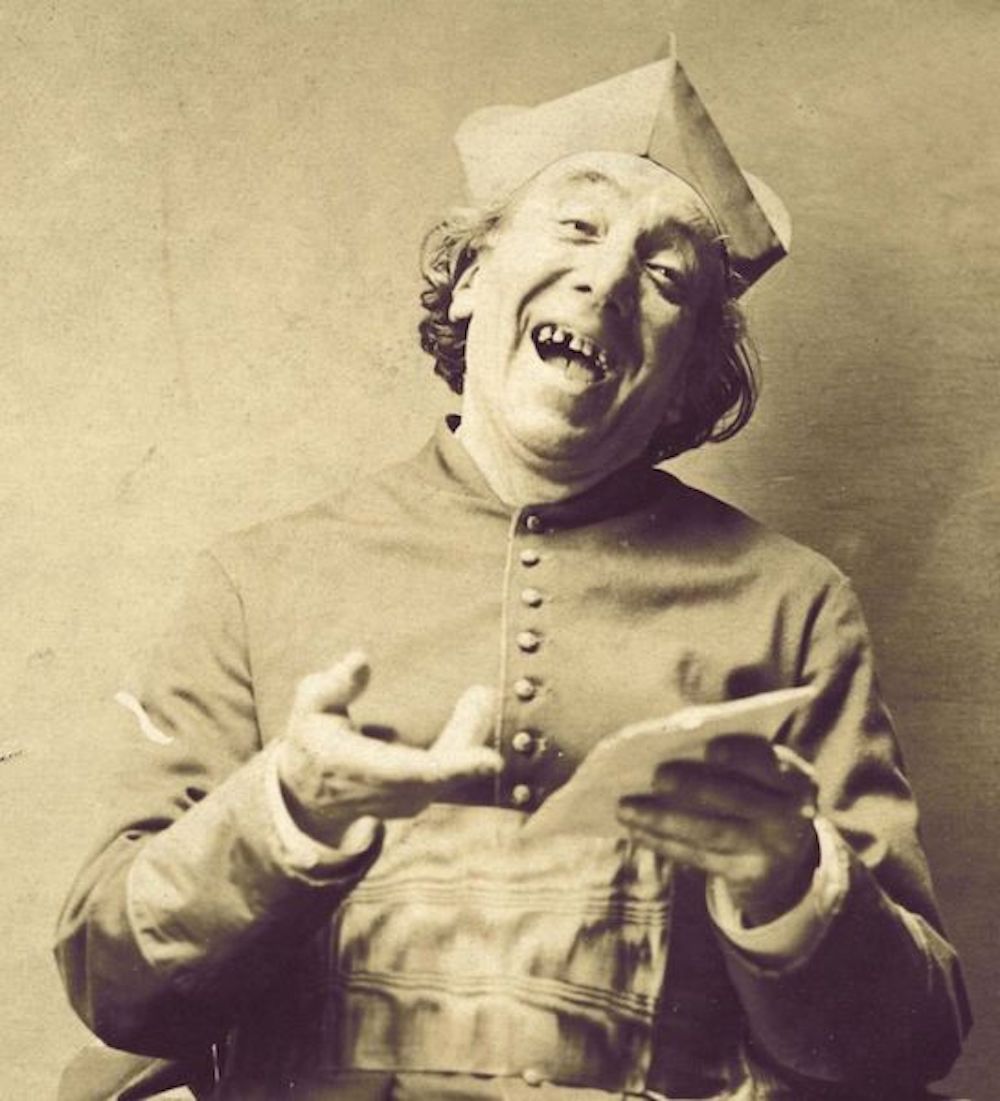
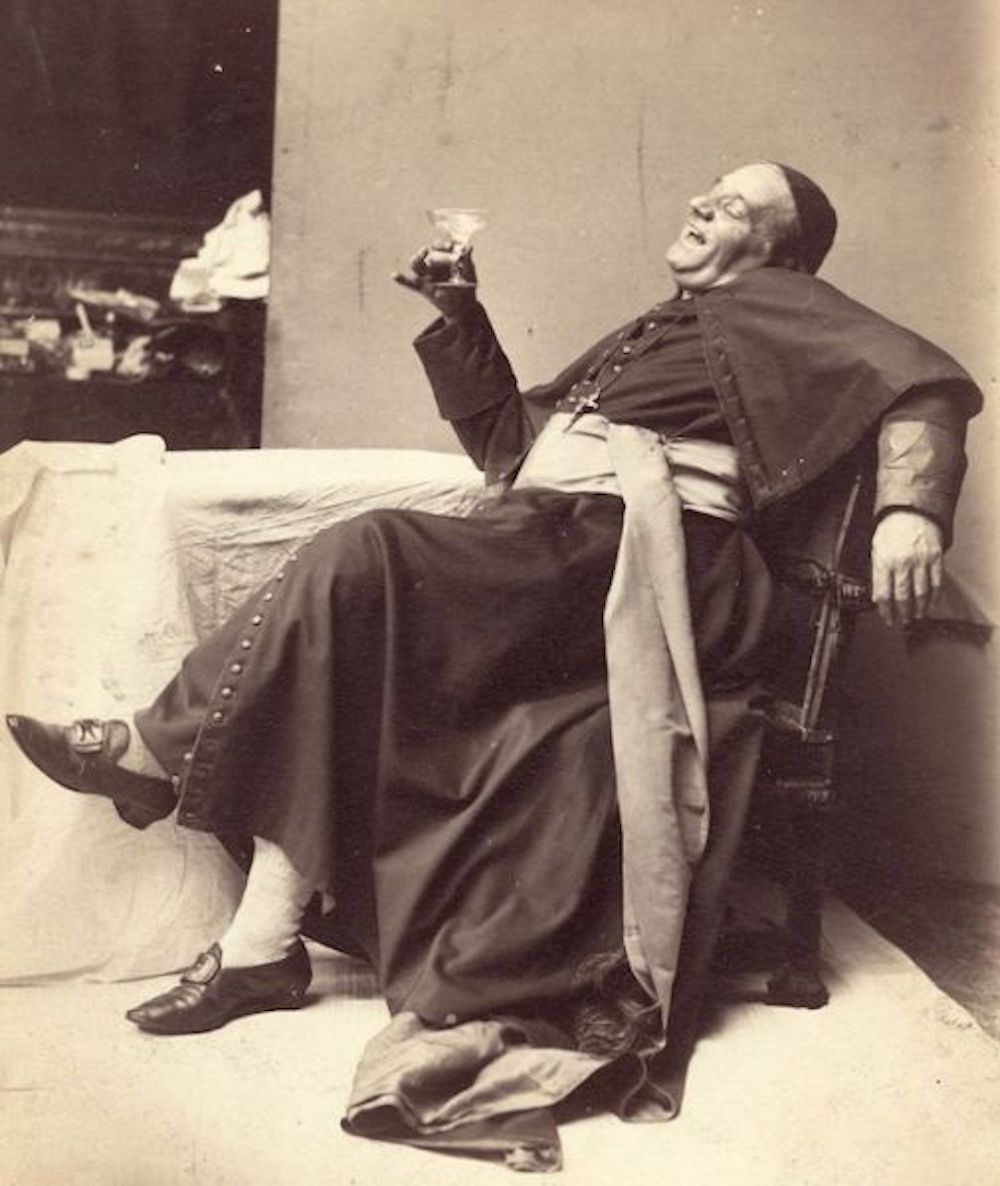
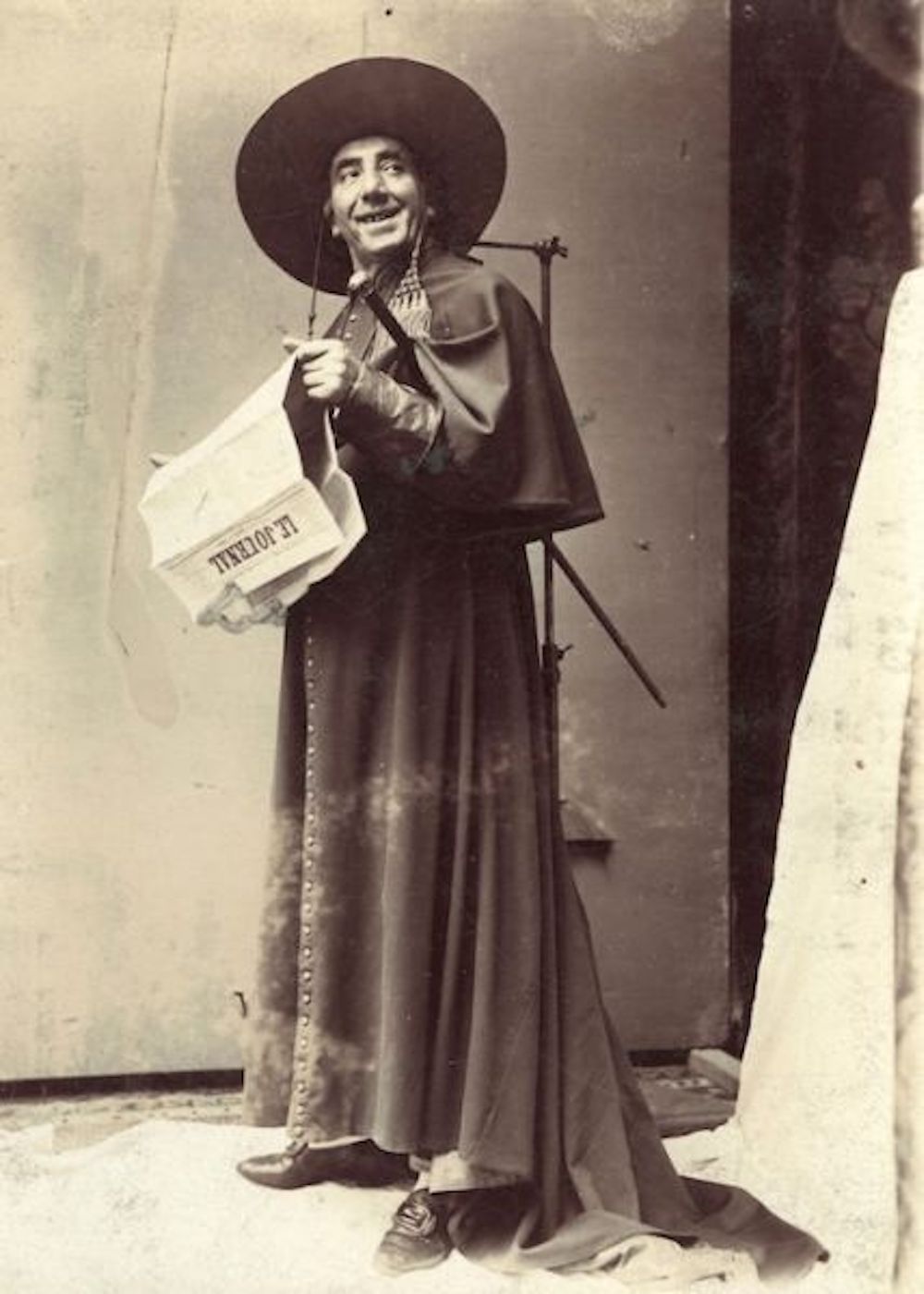
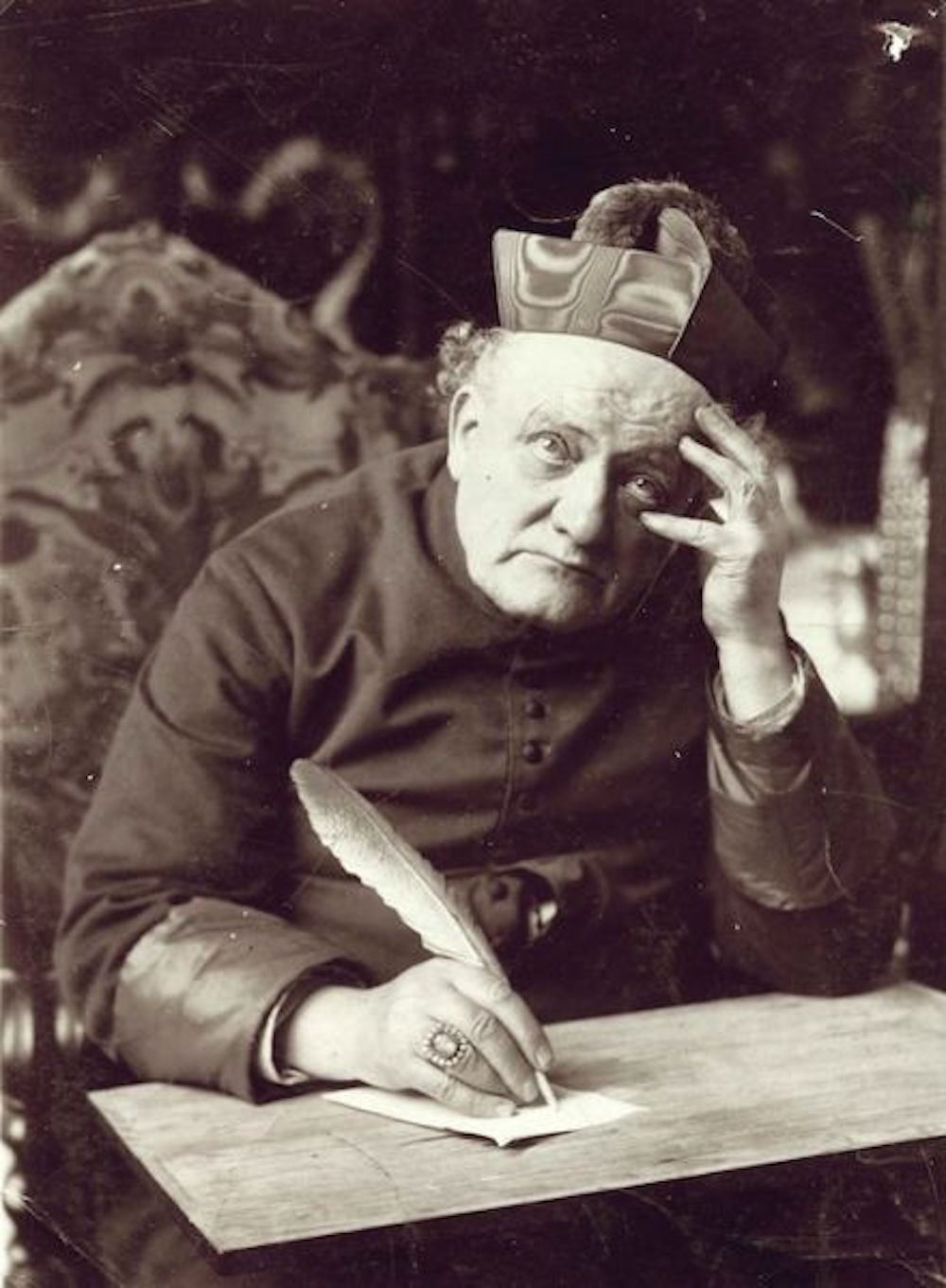
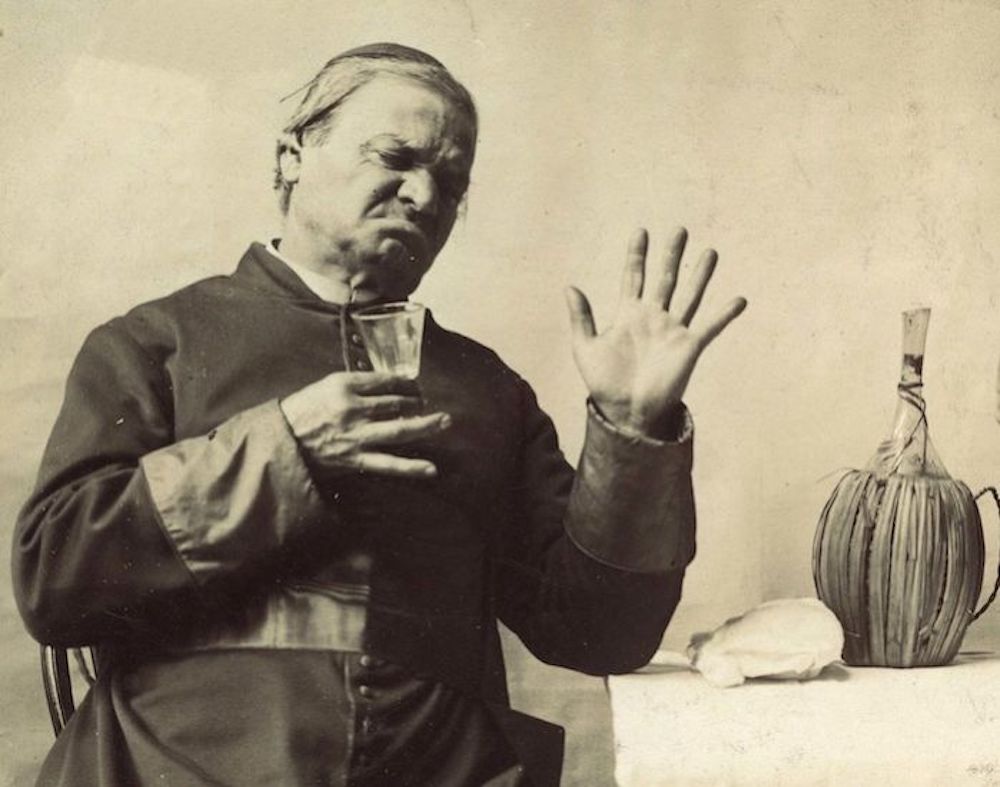
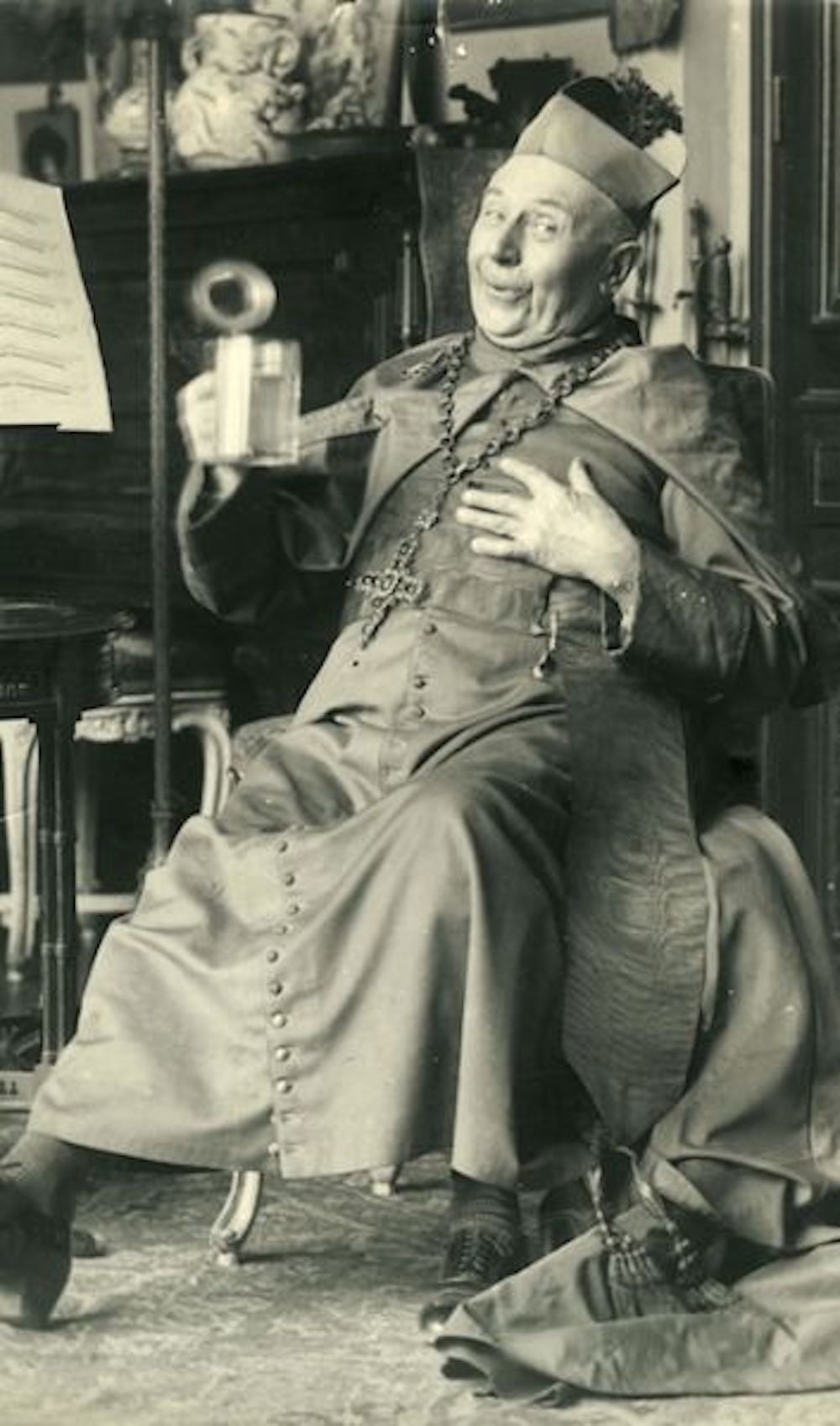
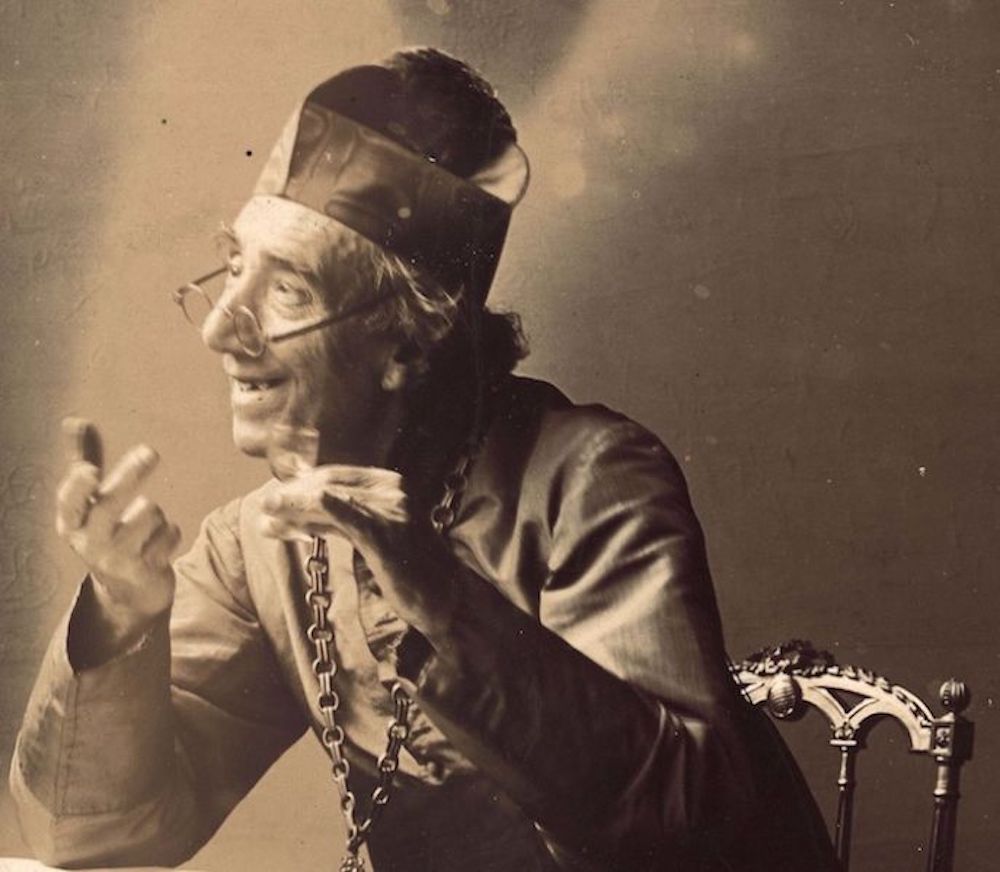
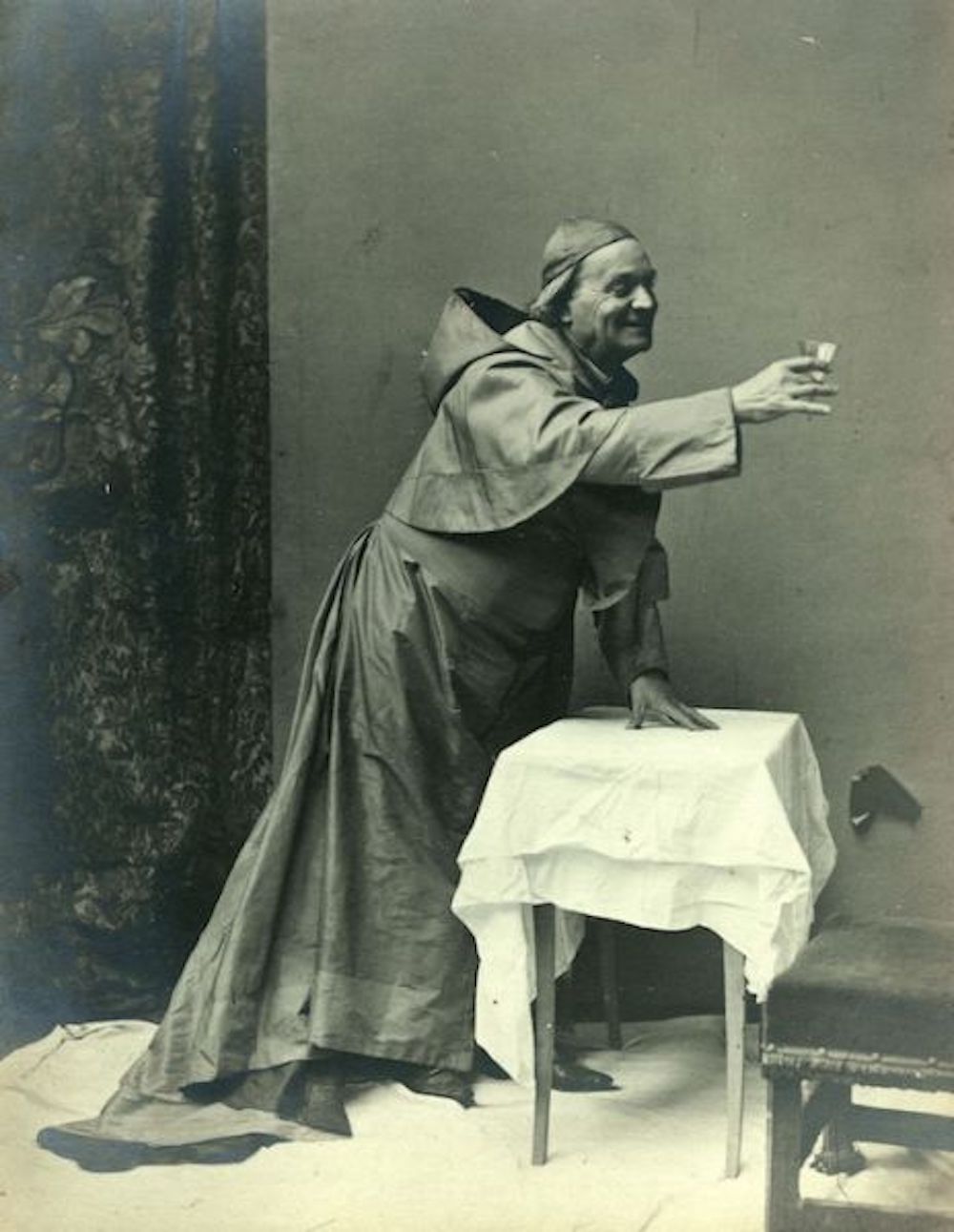
Would you like to support Flashbak?
Please consider making a donation to our site. We don't want to rely on ads to bring you the best of visual culture. You can also support us by signing up to our Mailing List. And you can also follow us on Facebook, Instagram and Twitter. For great art and culture delivered to your door, visit our shop.











